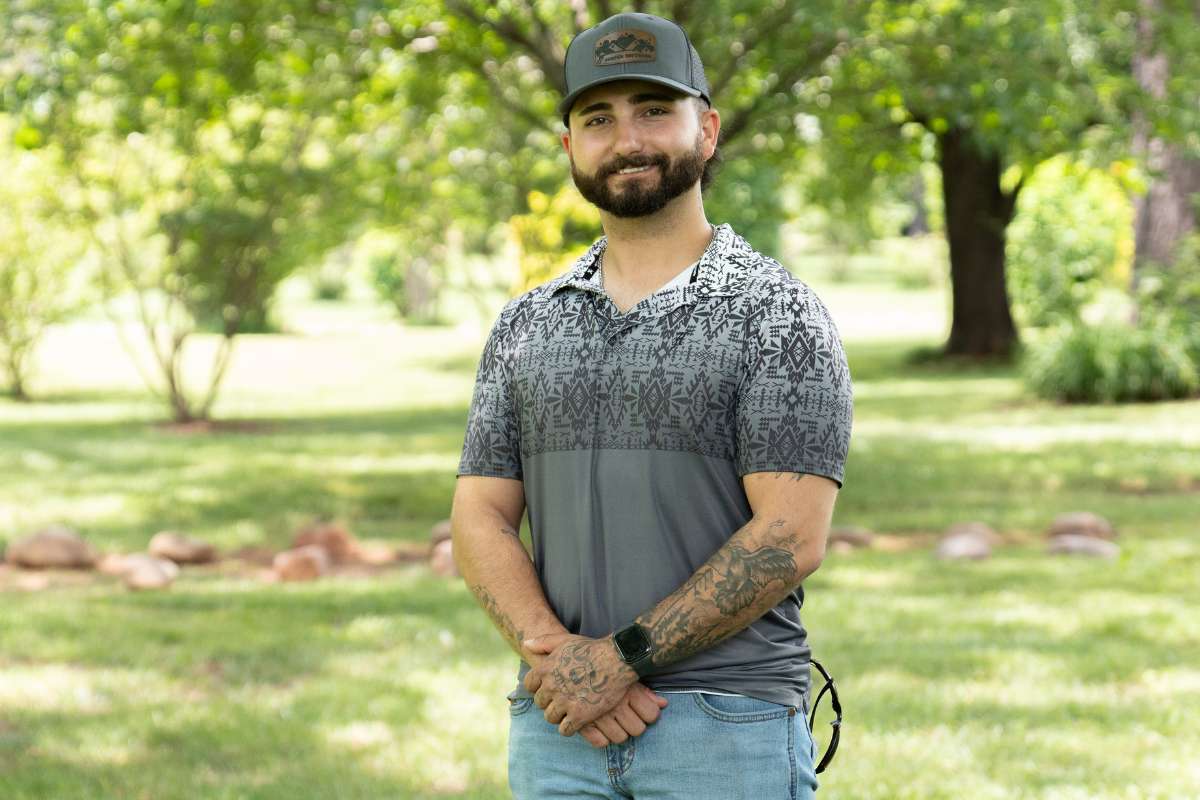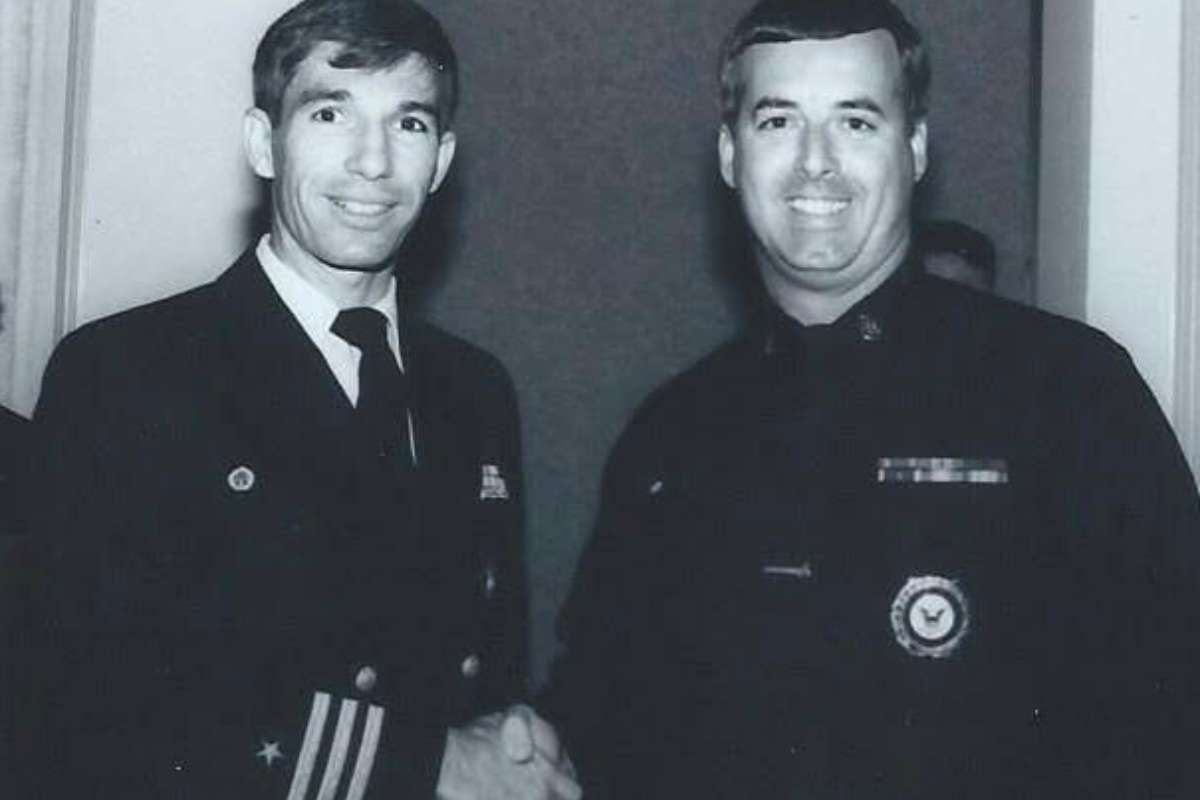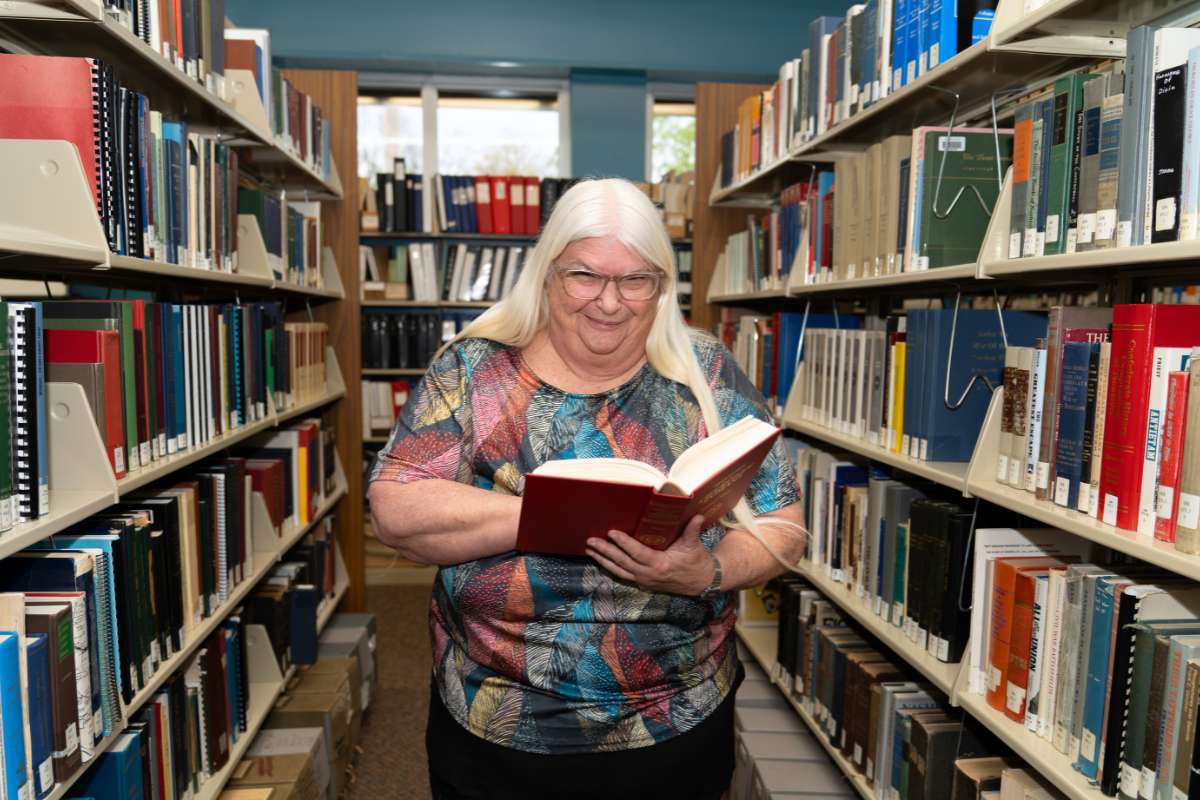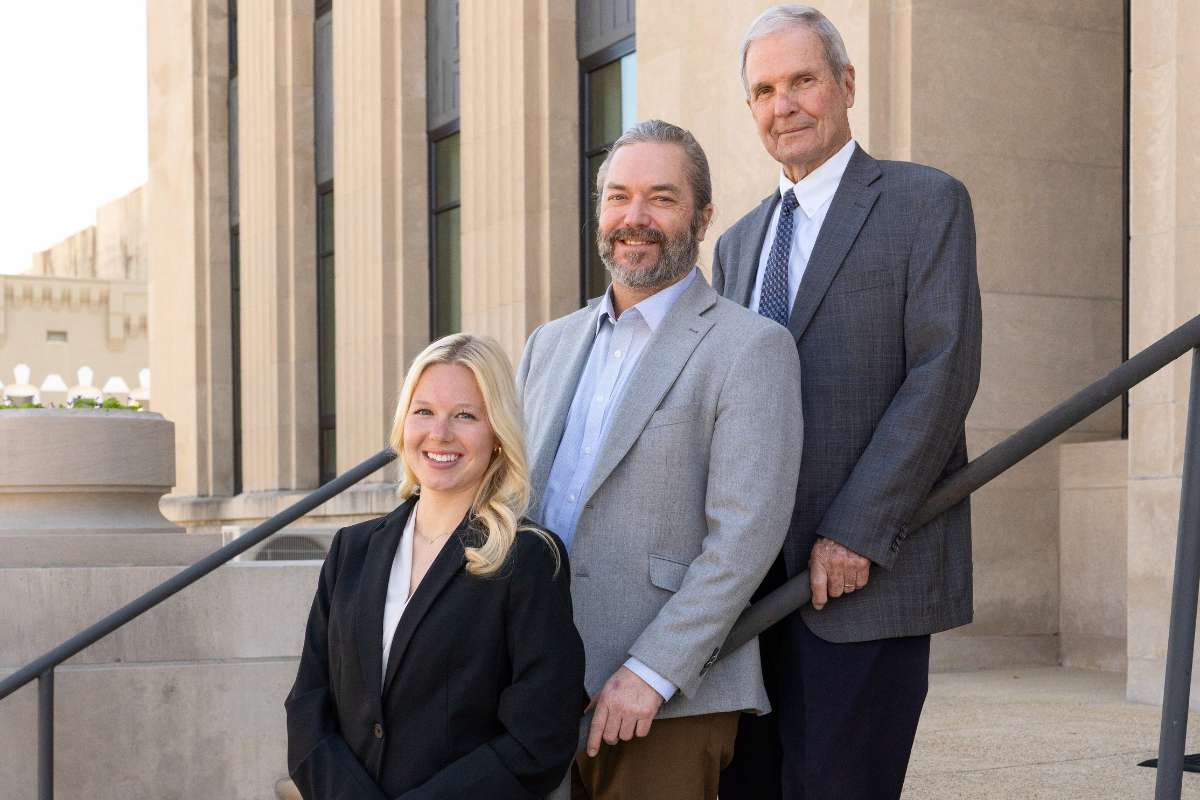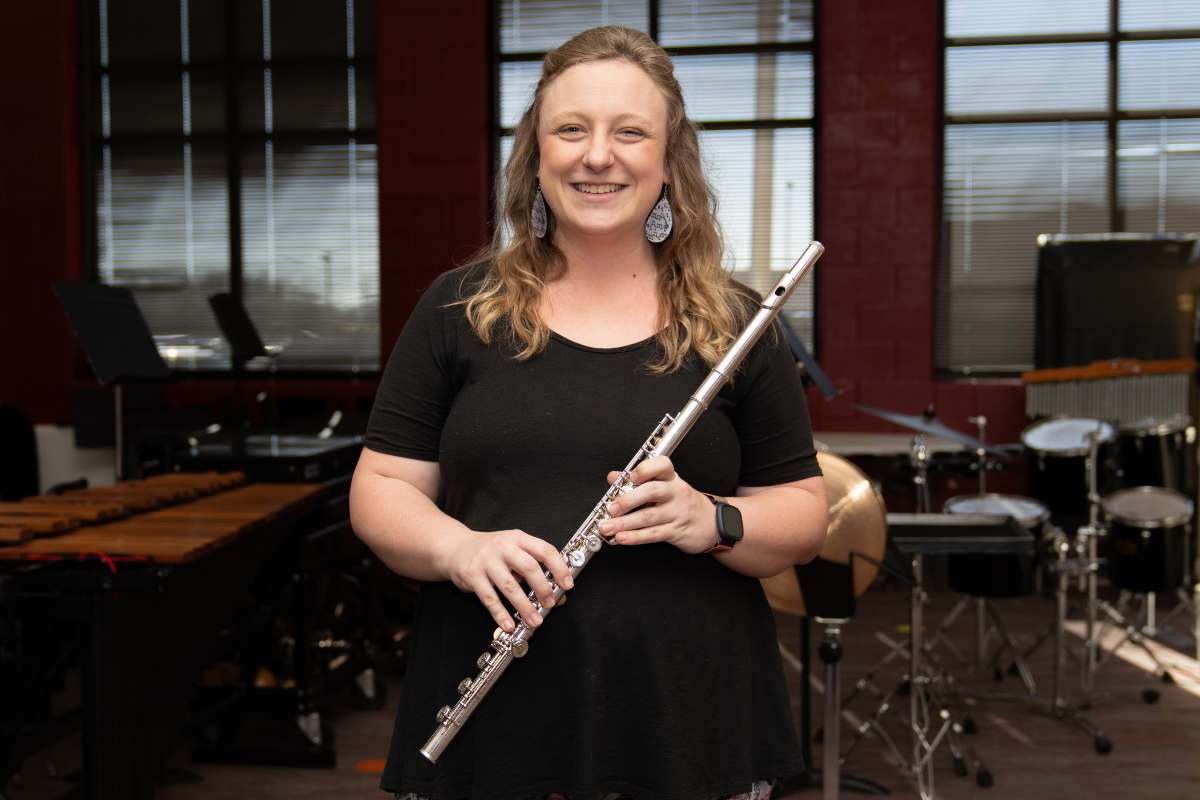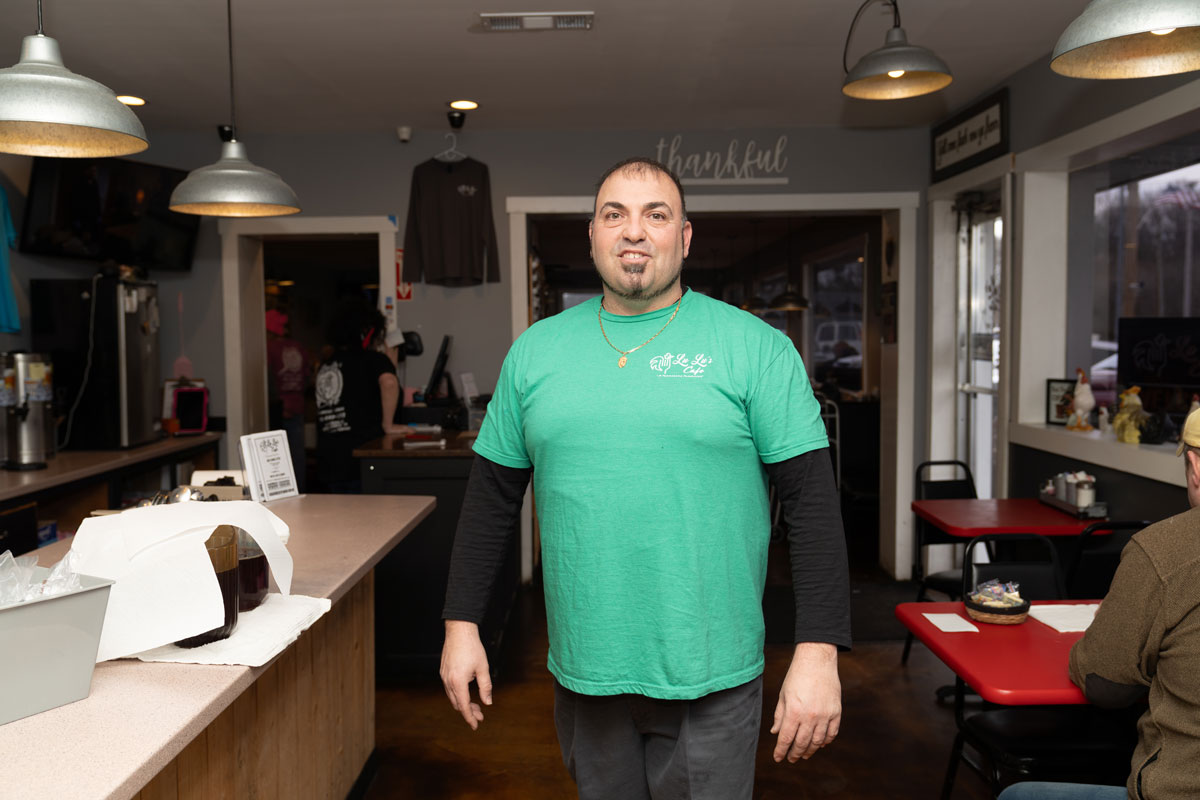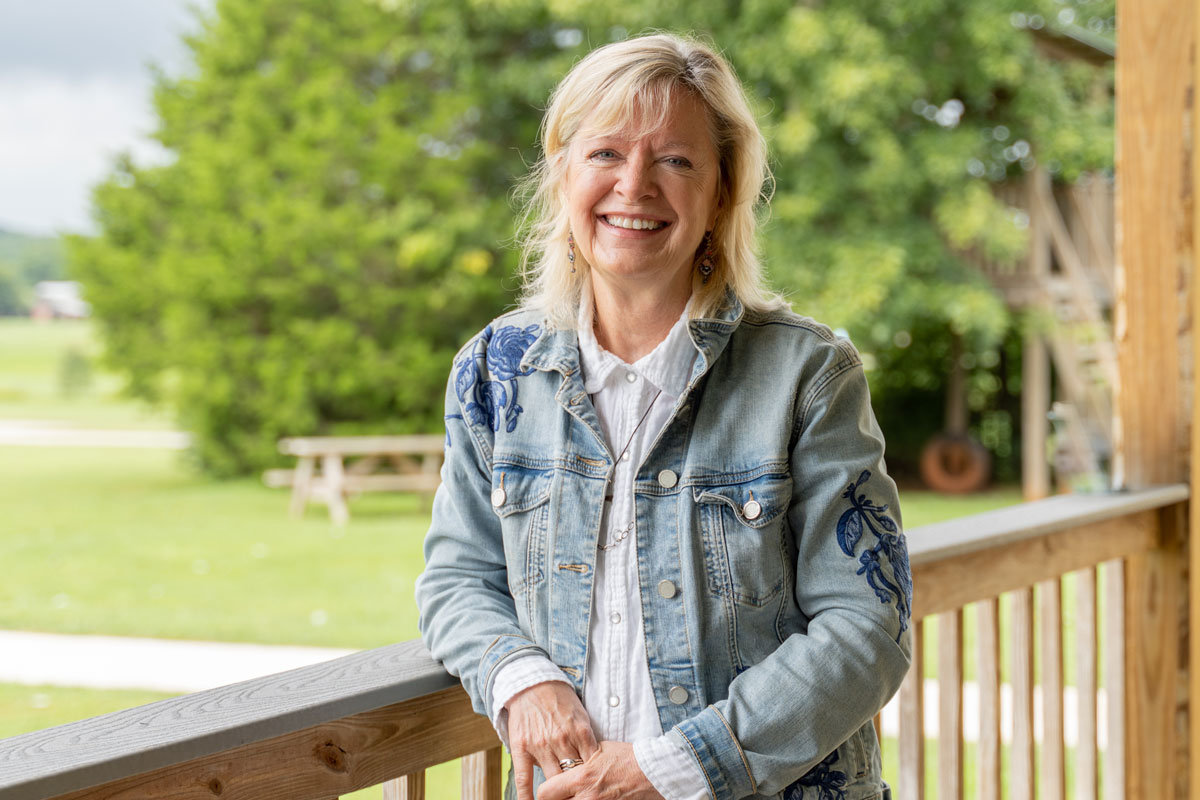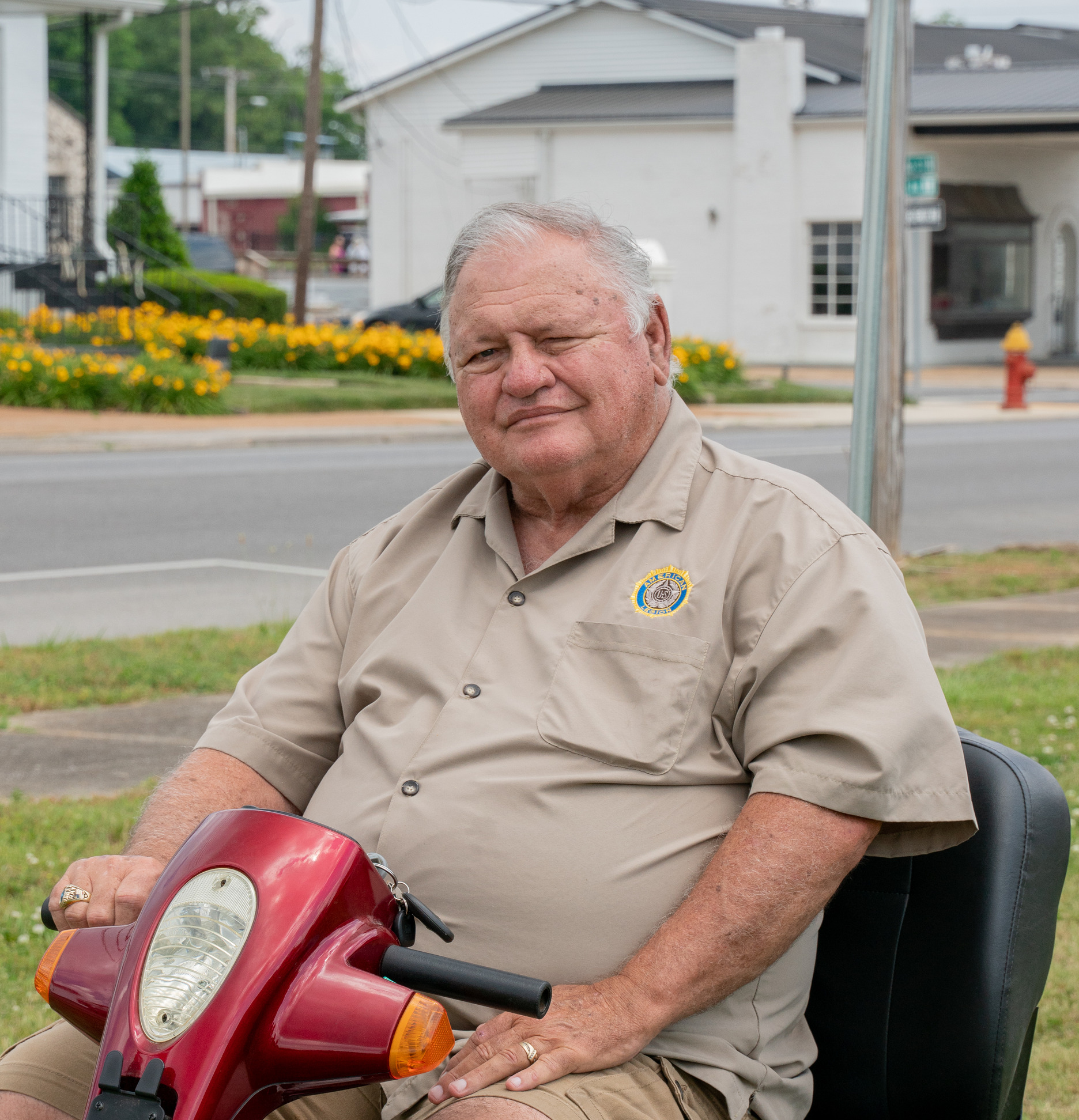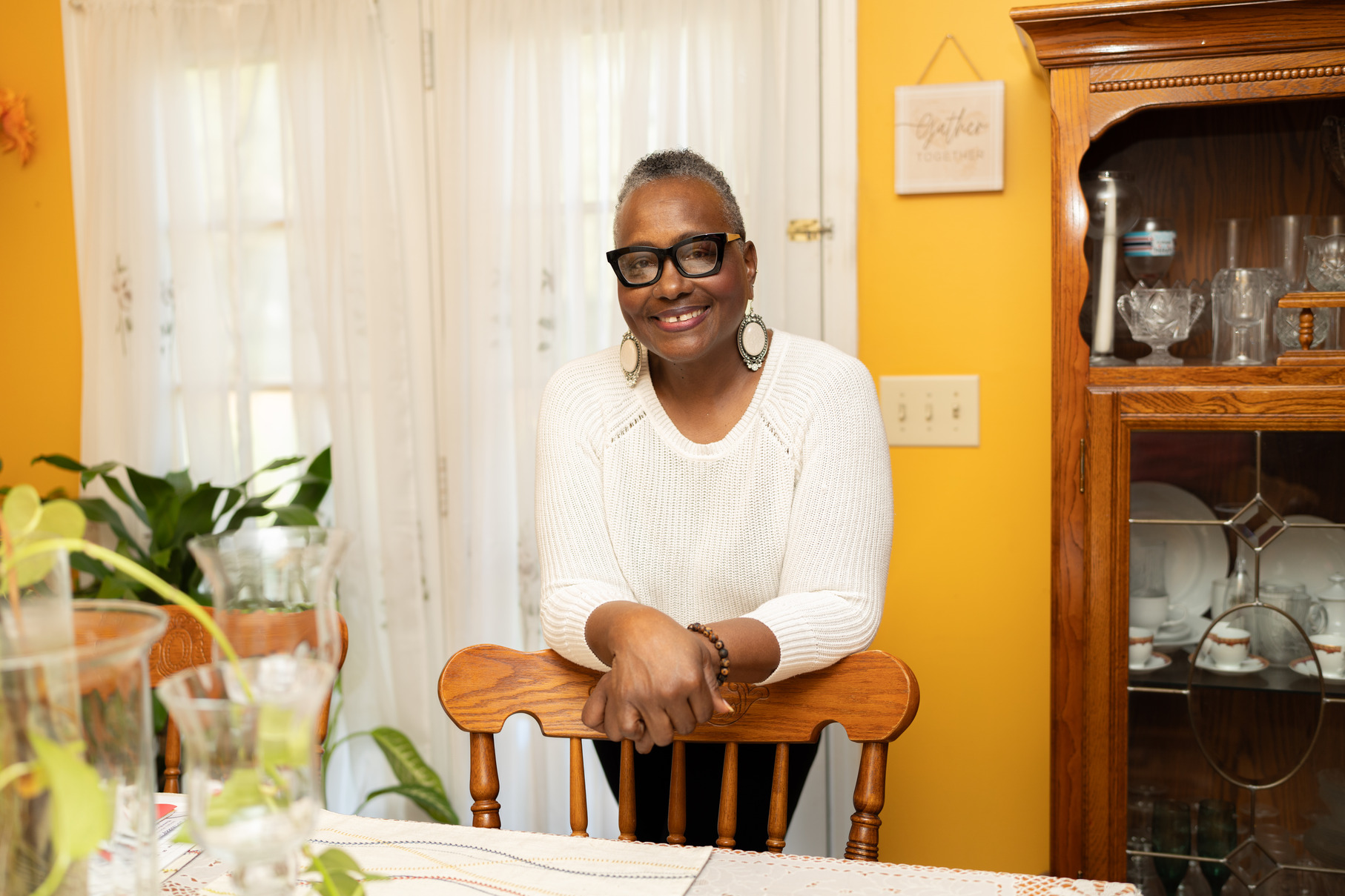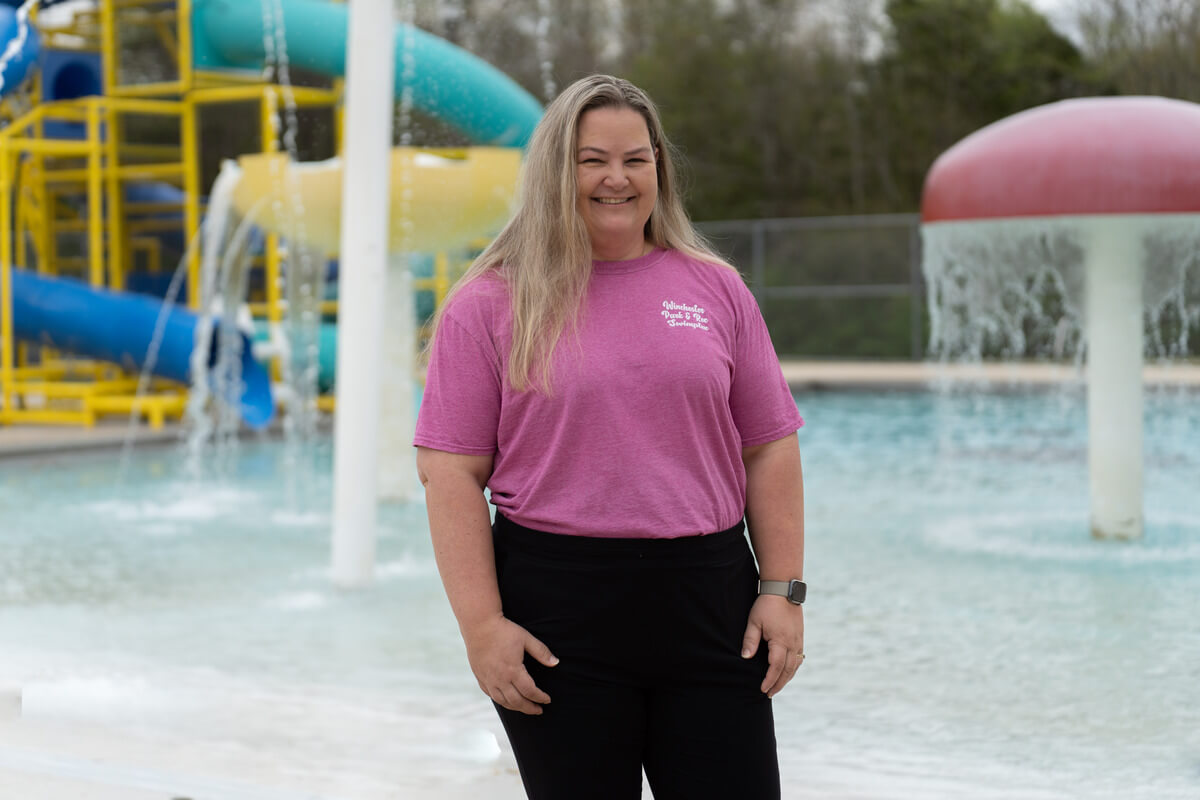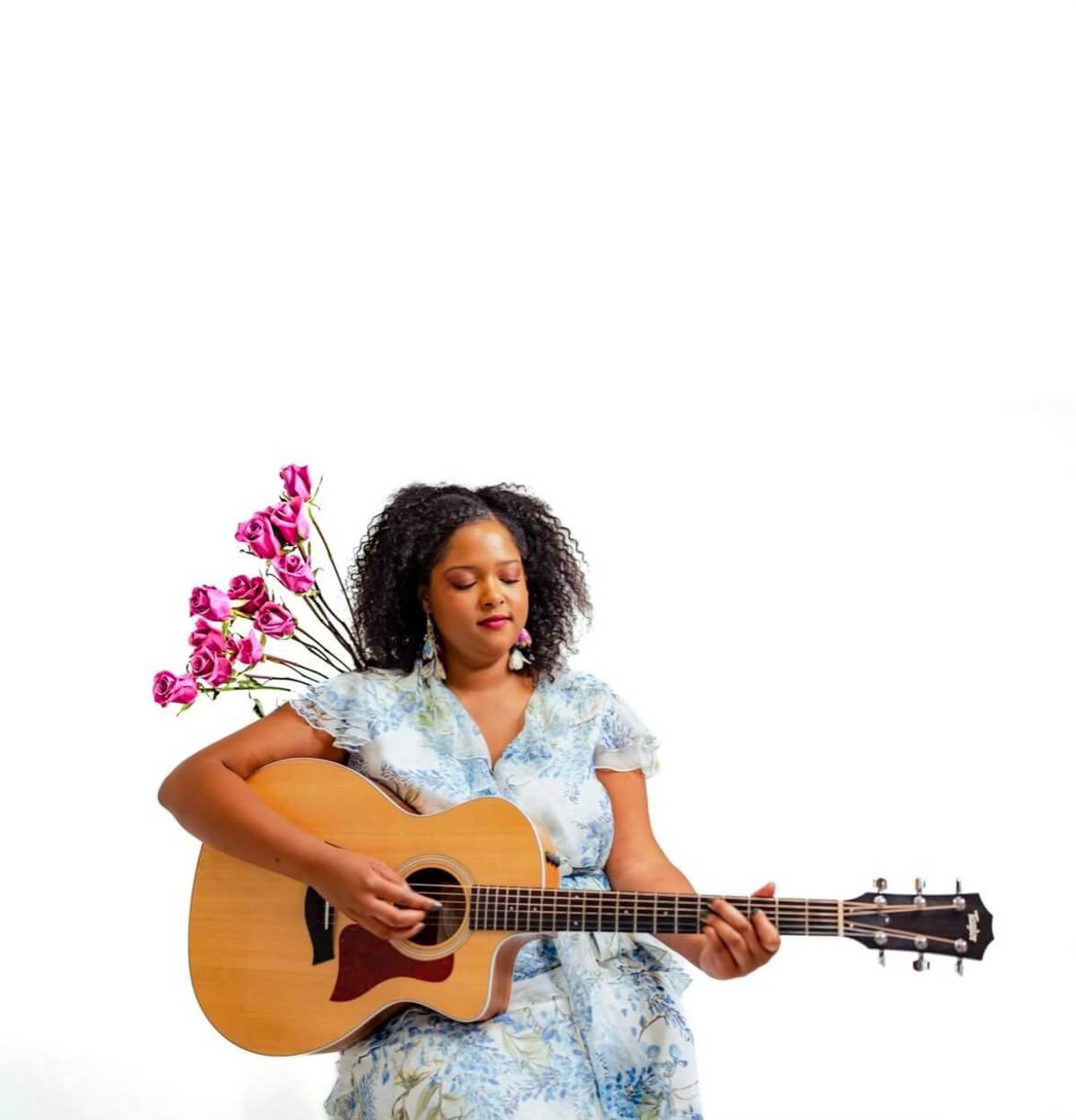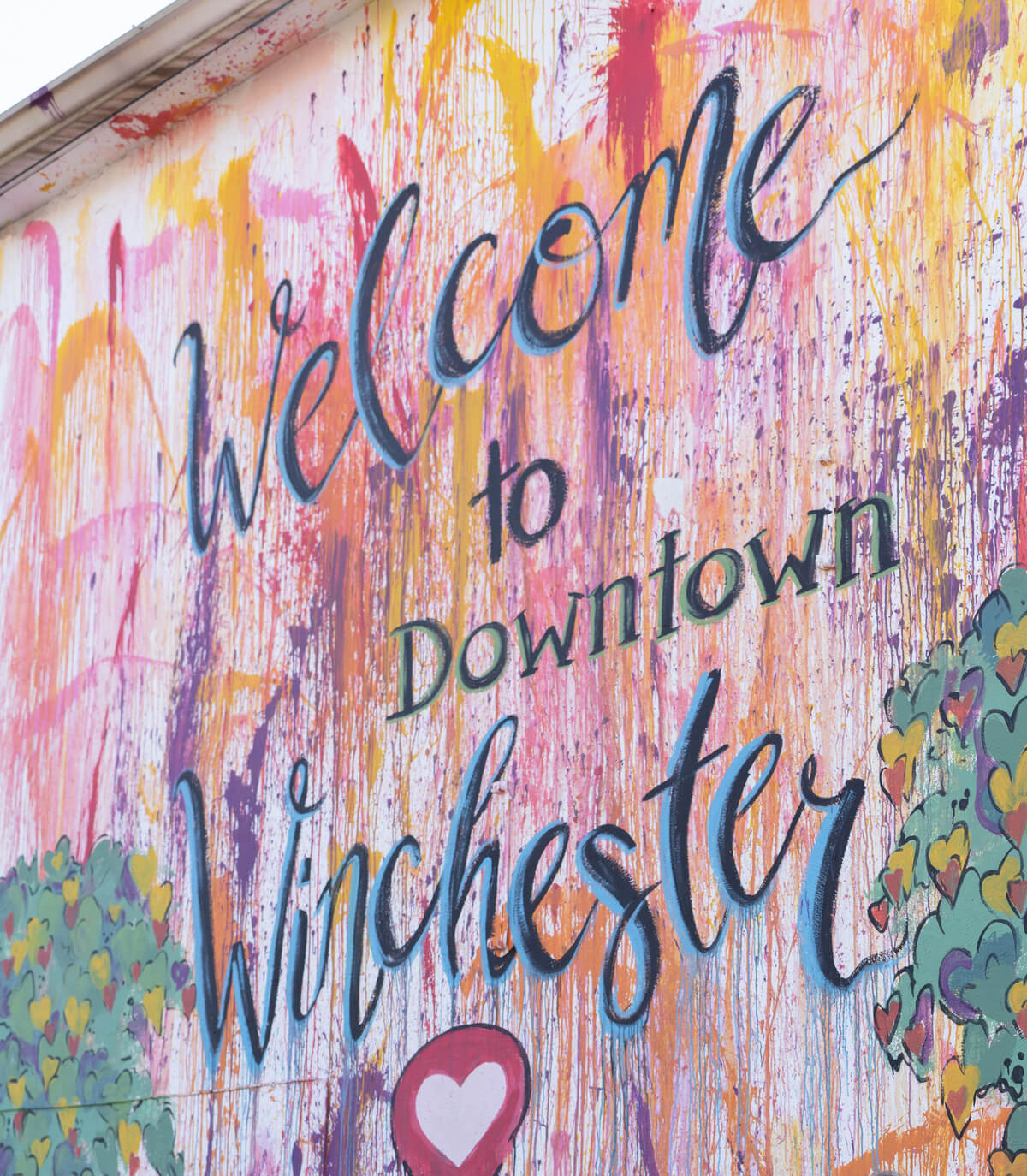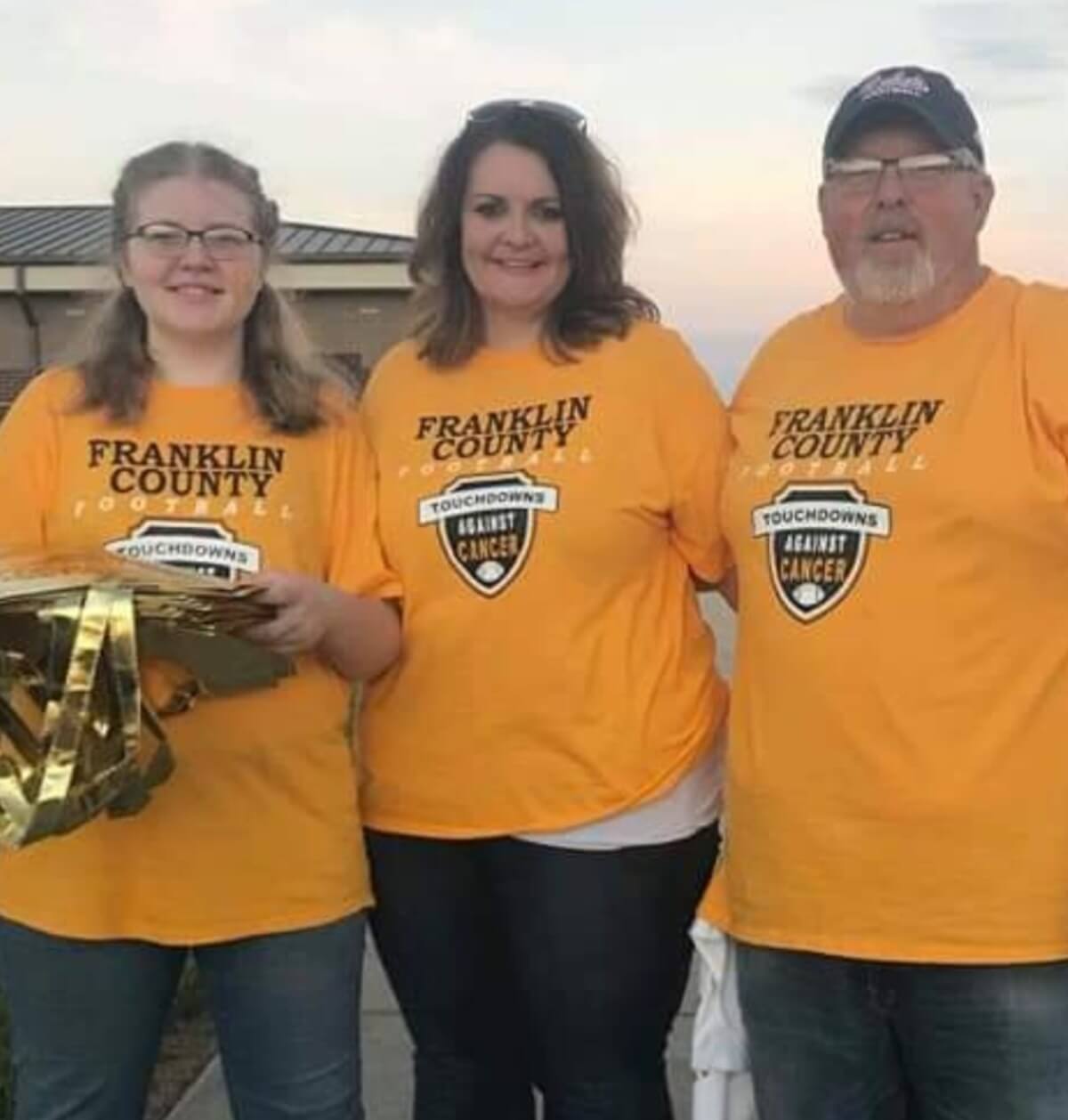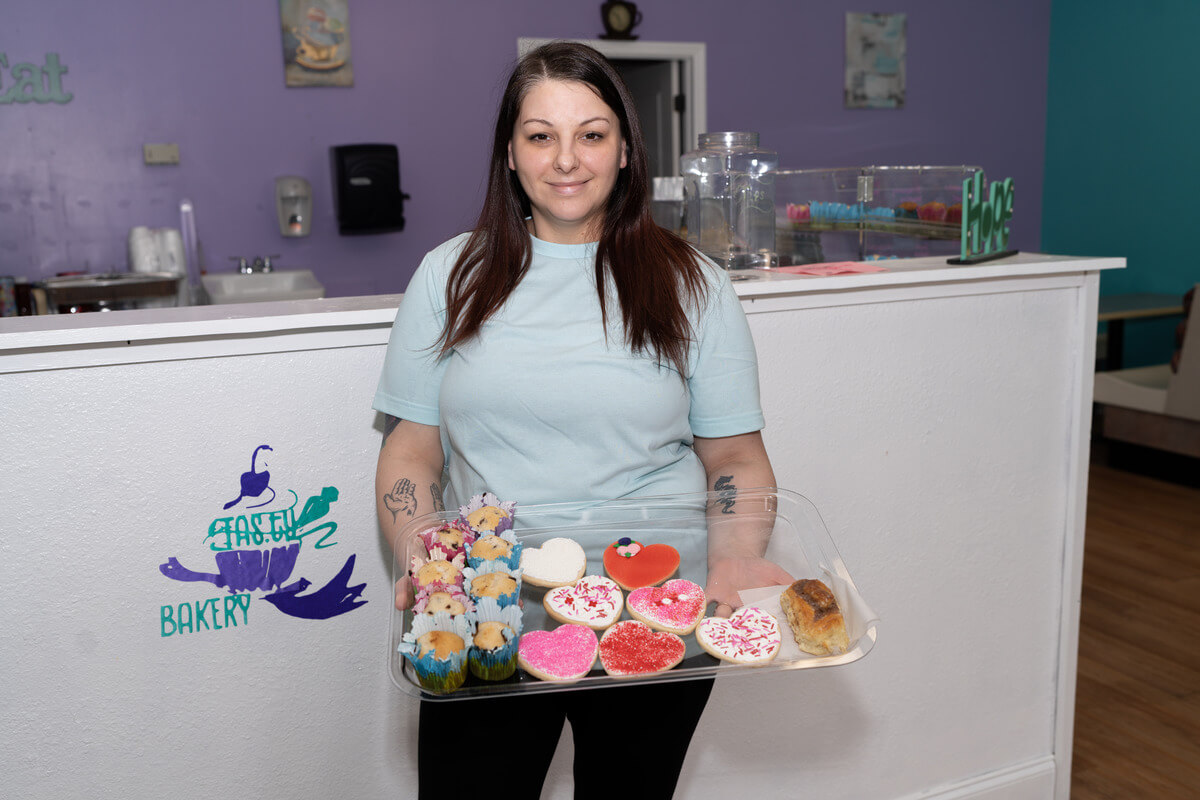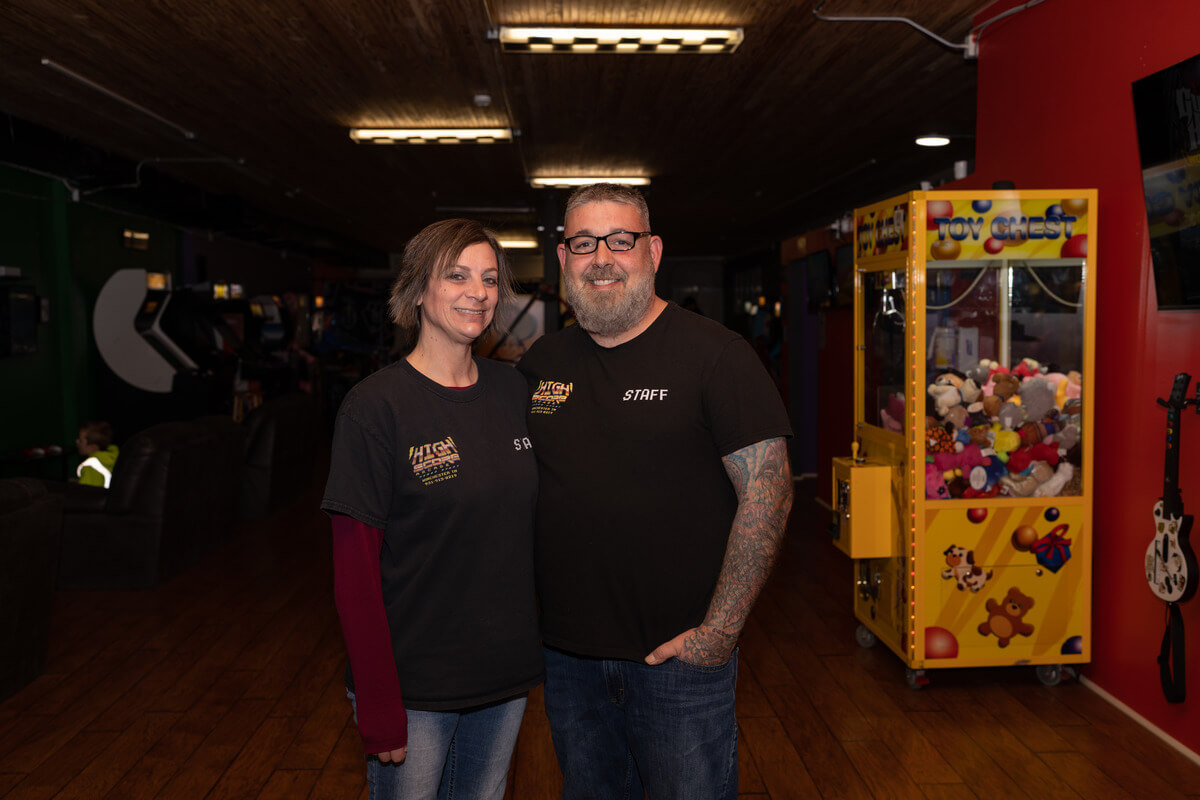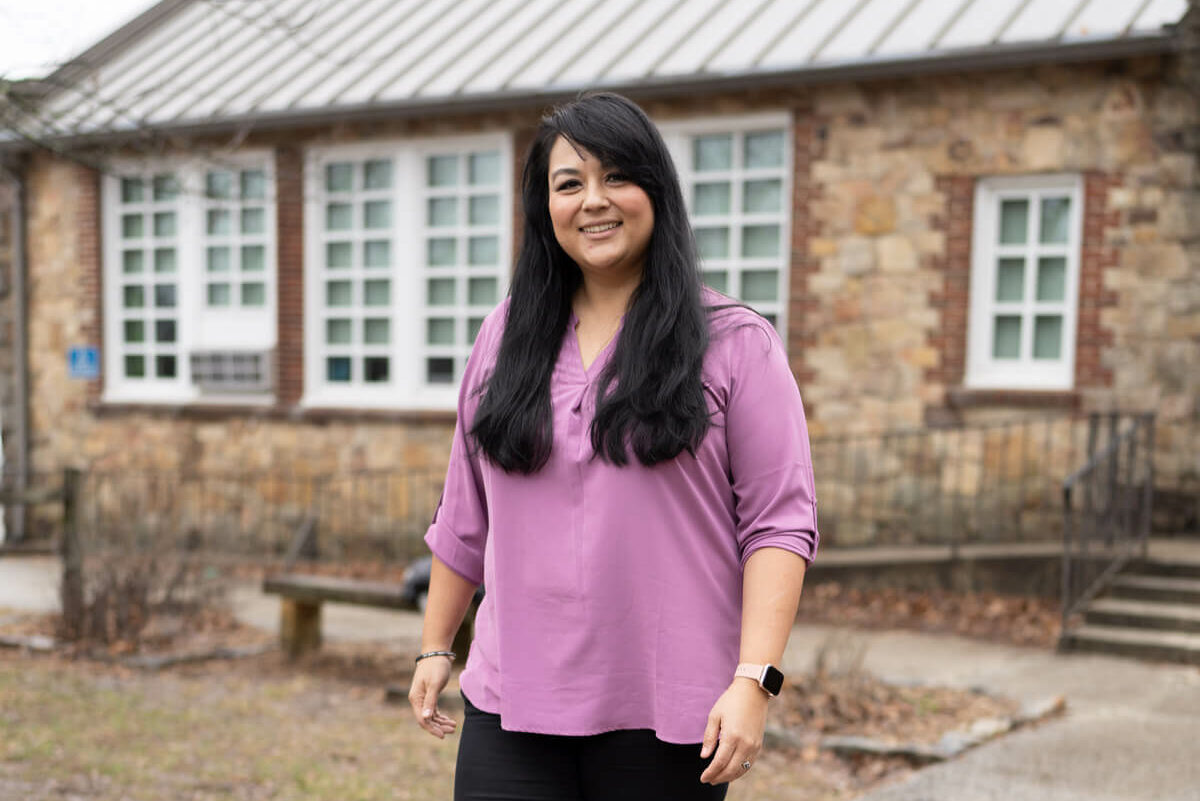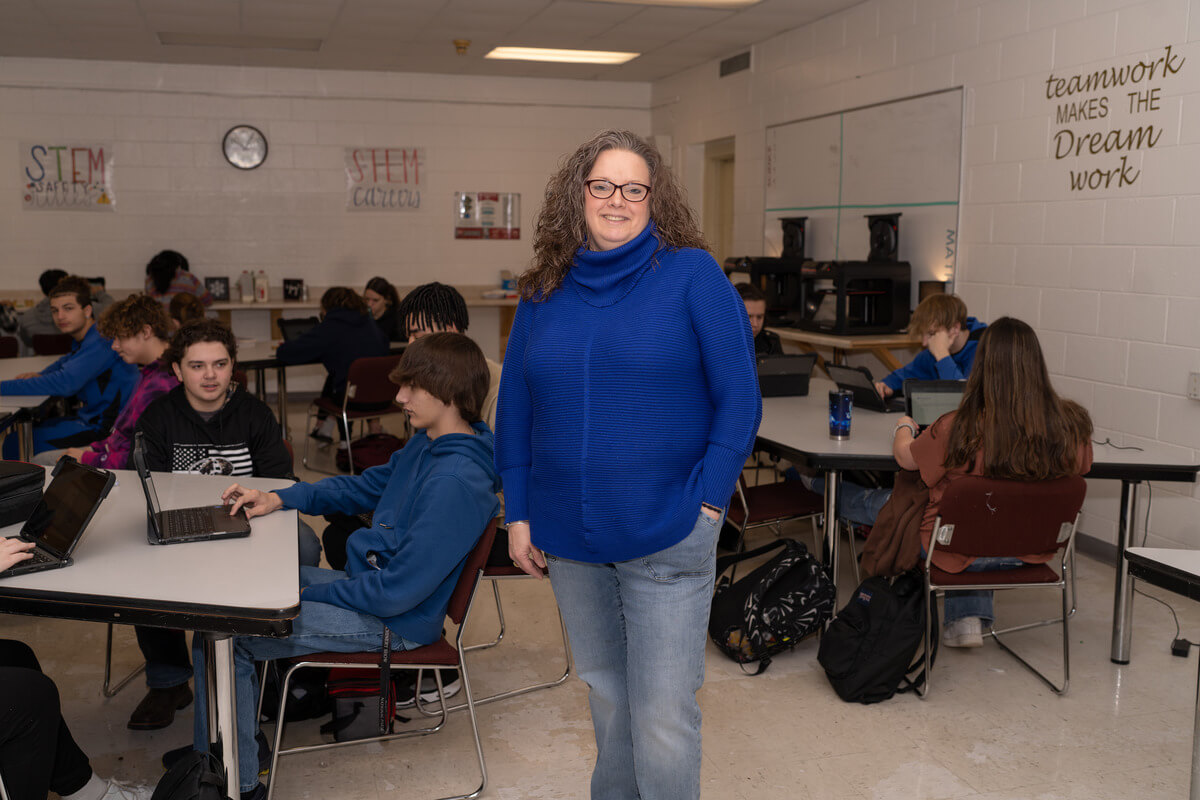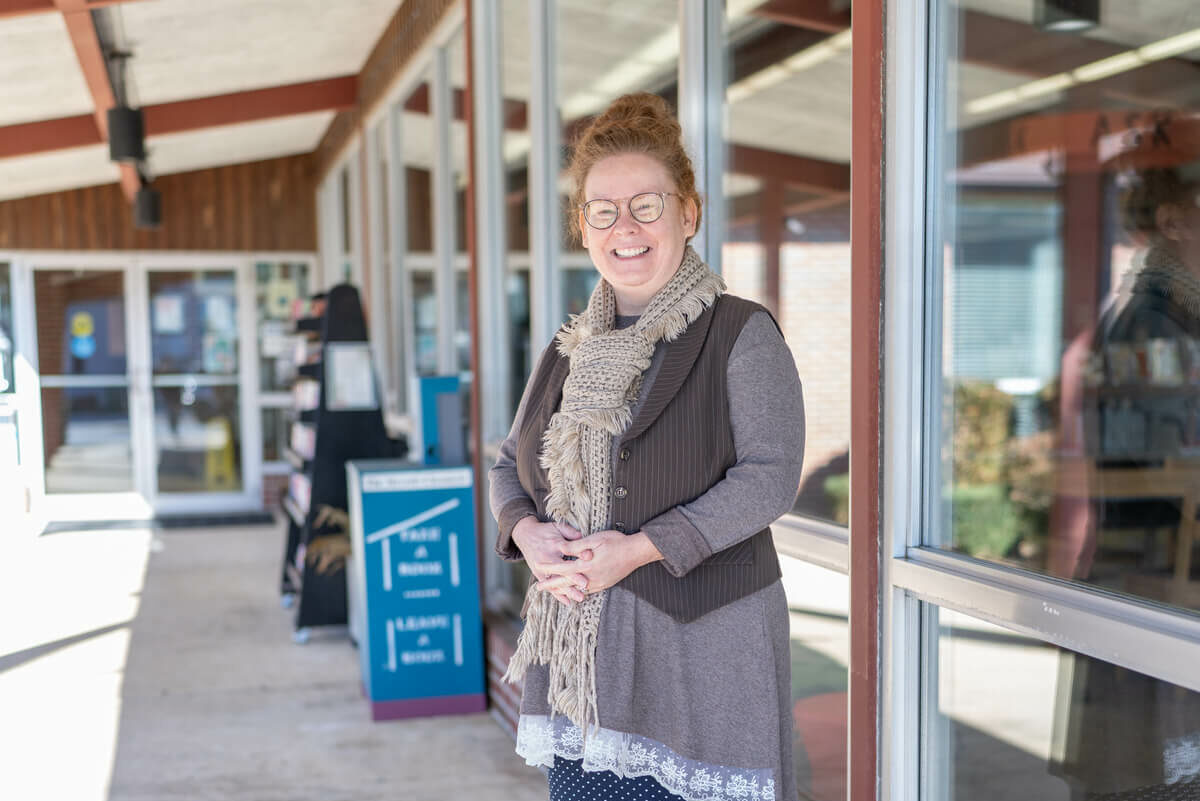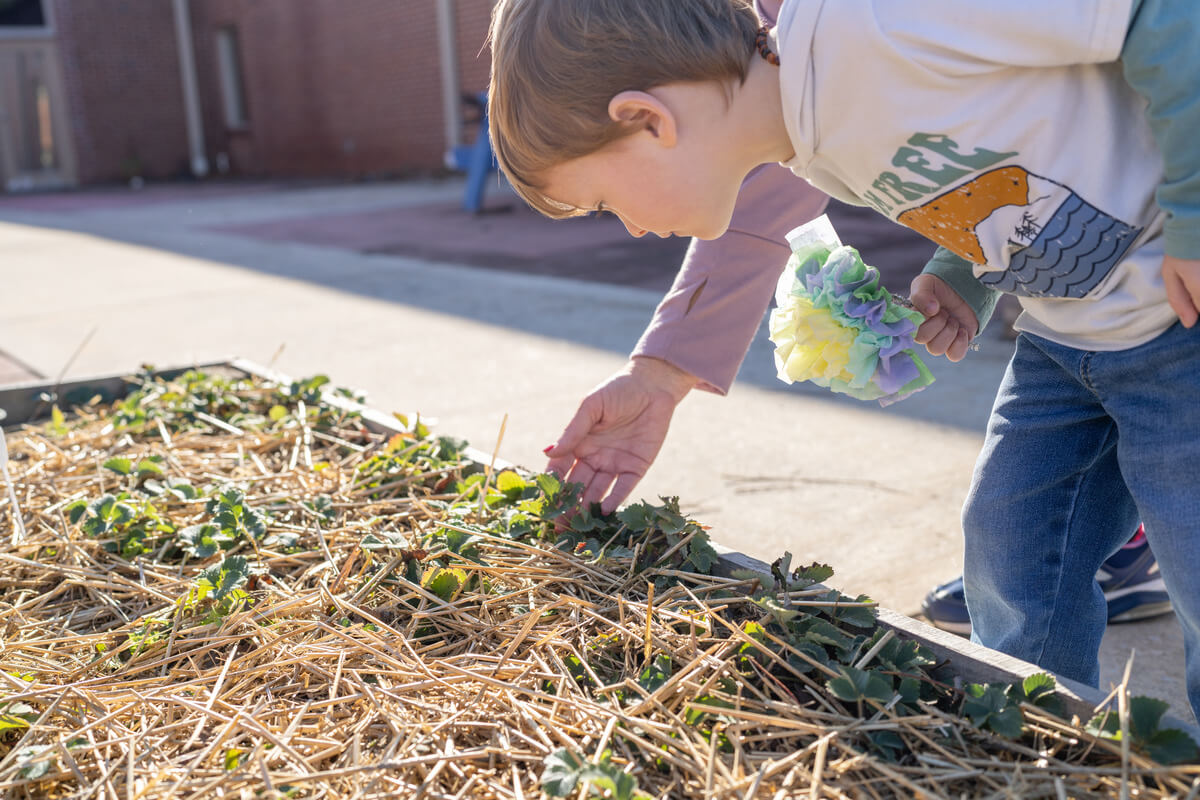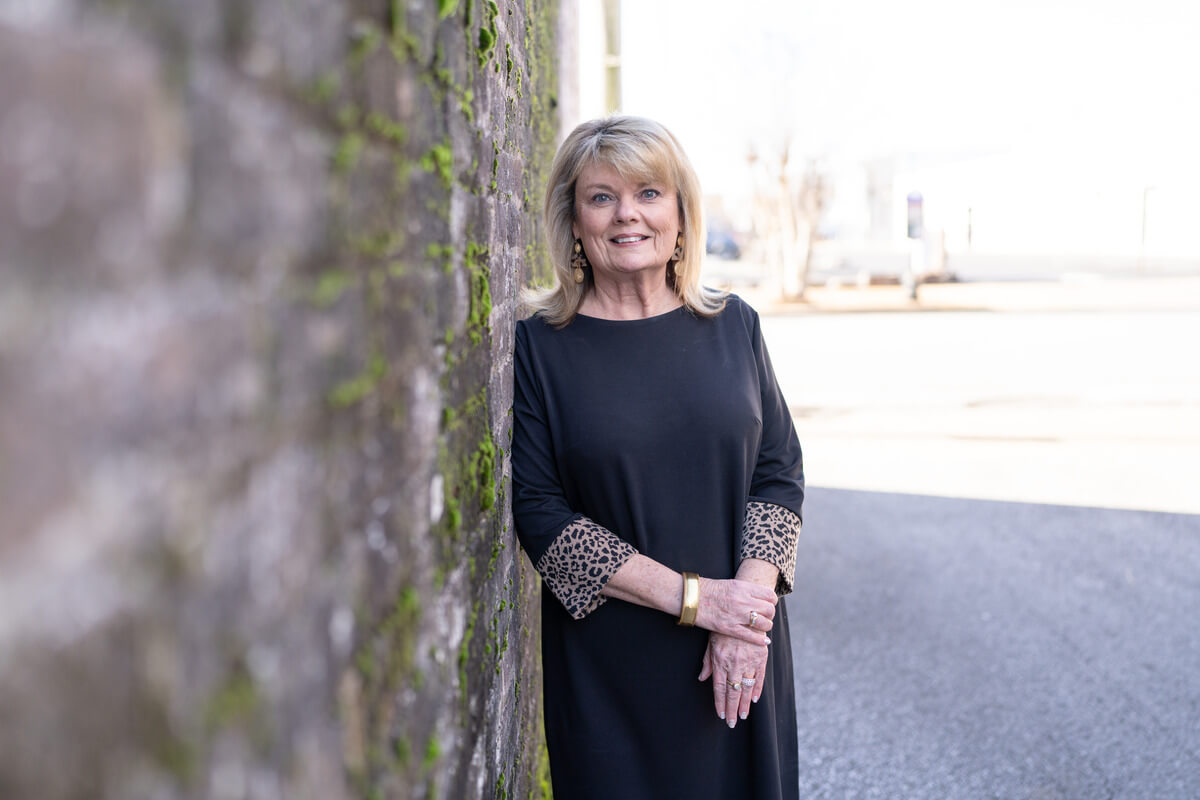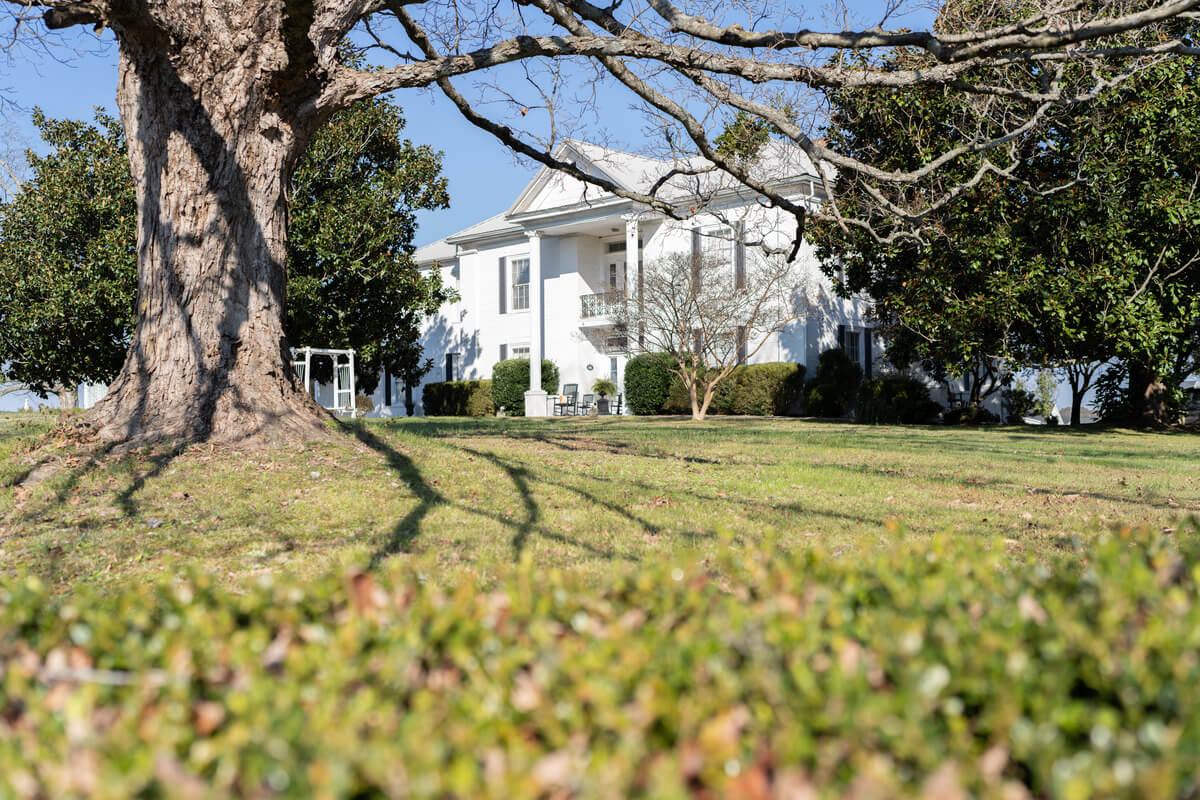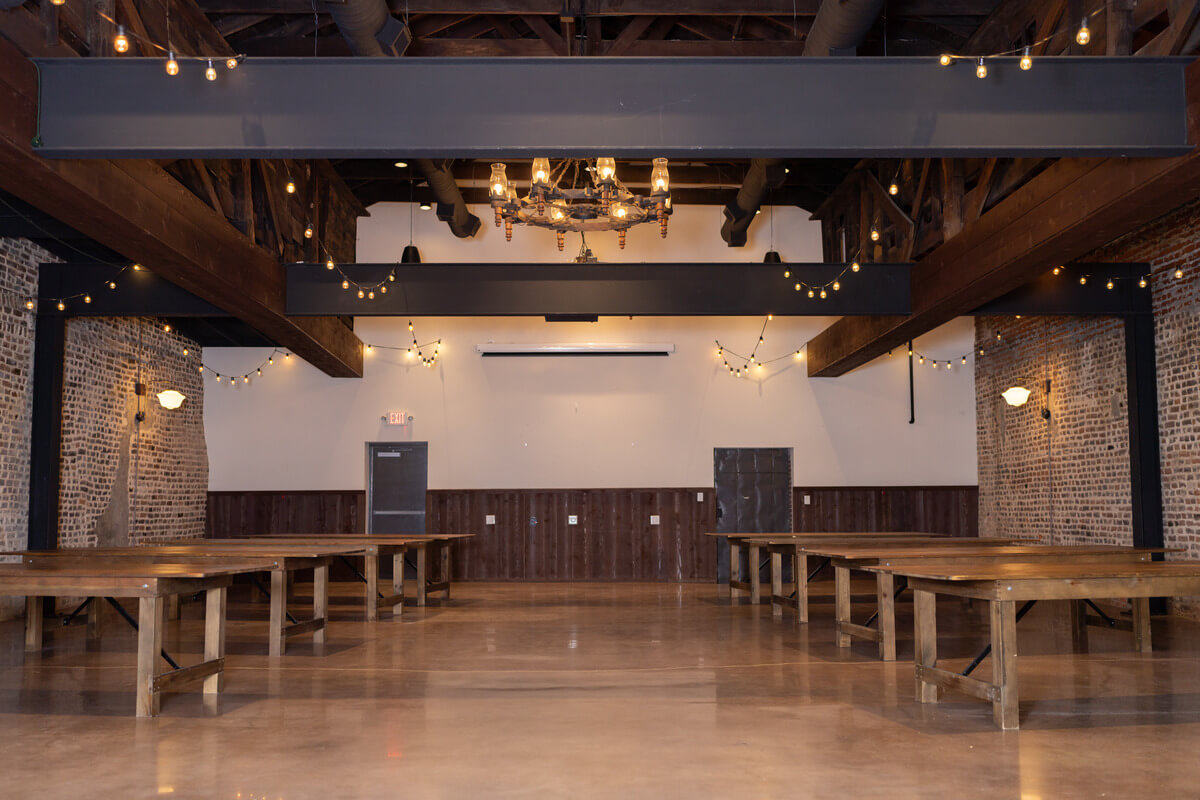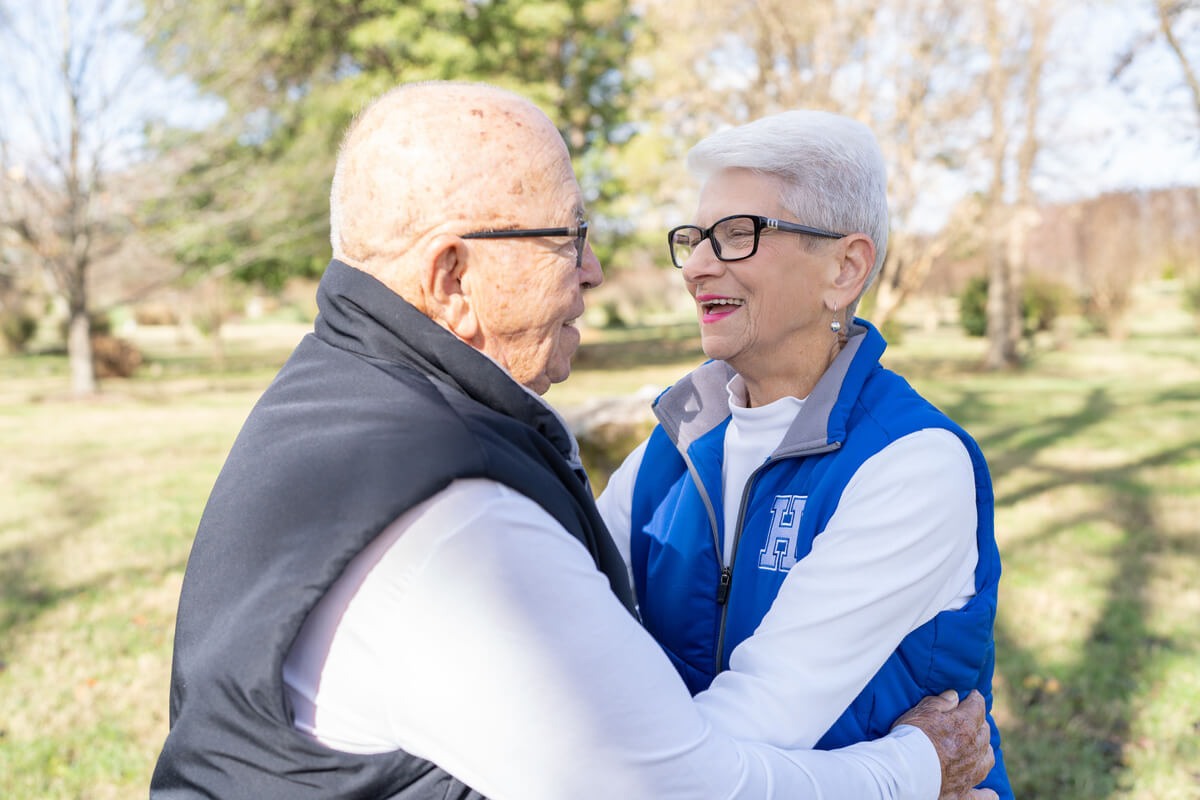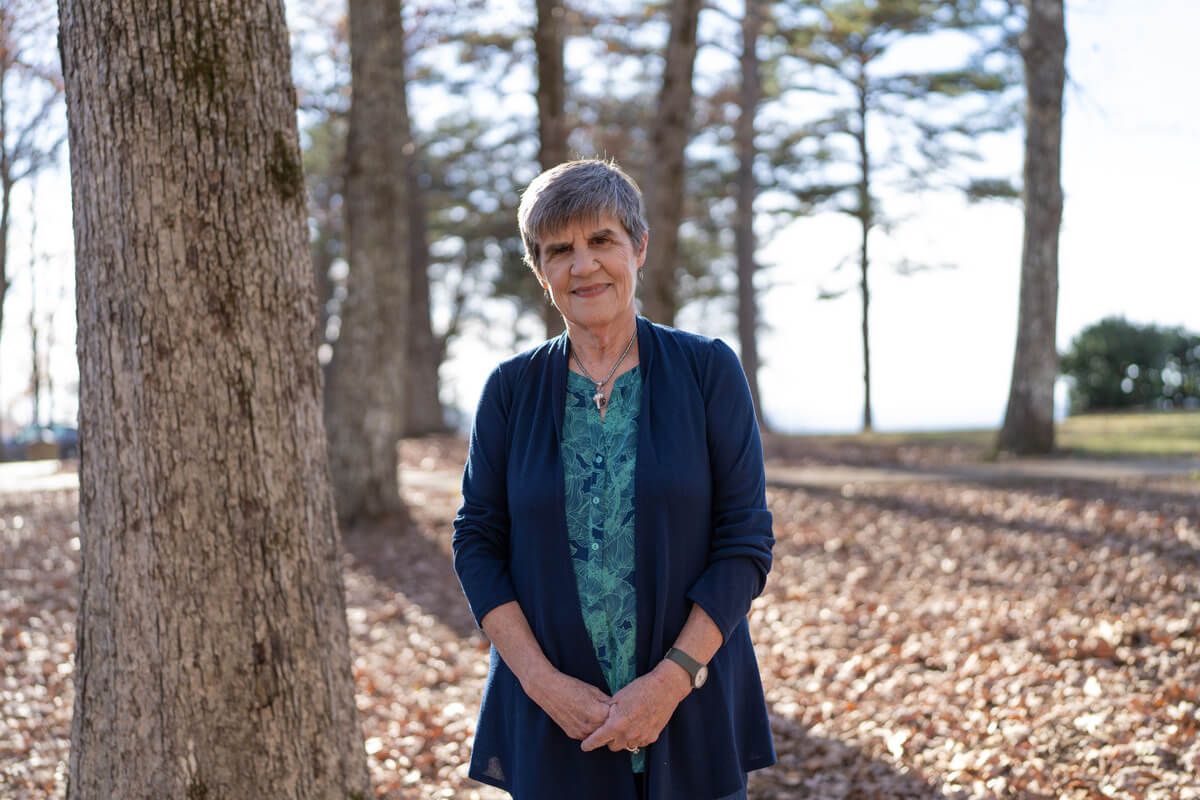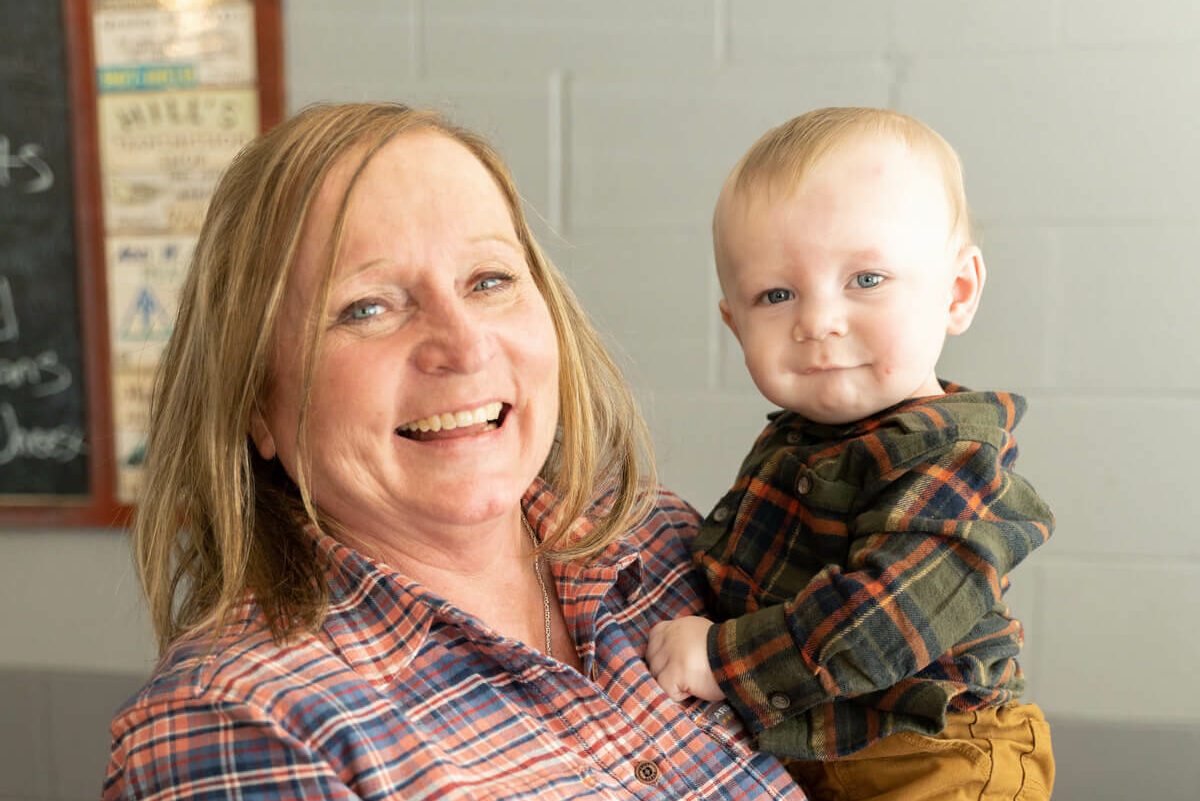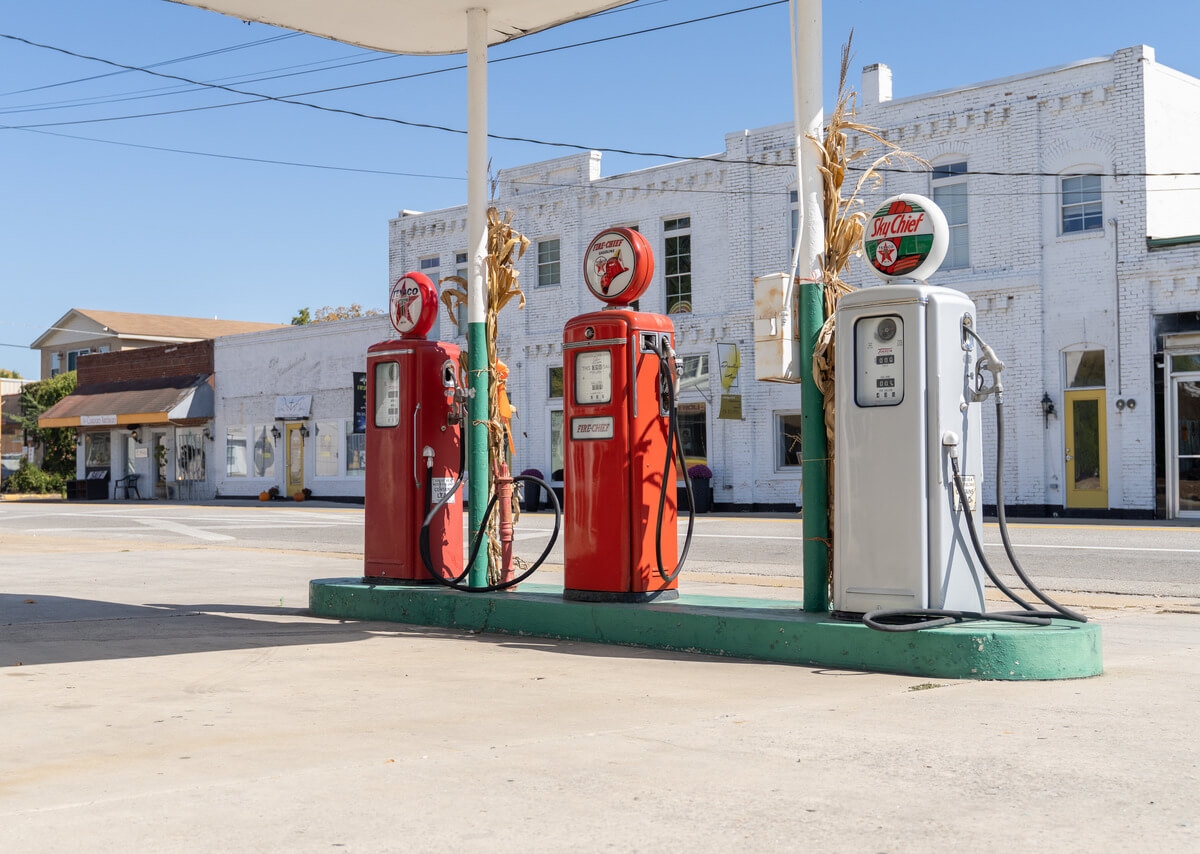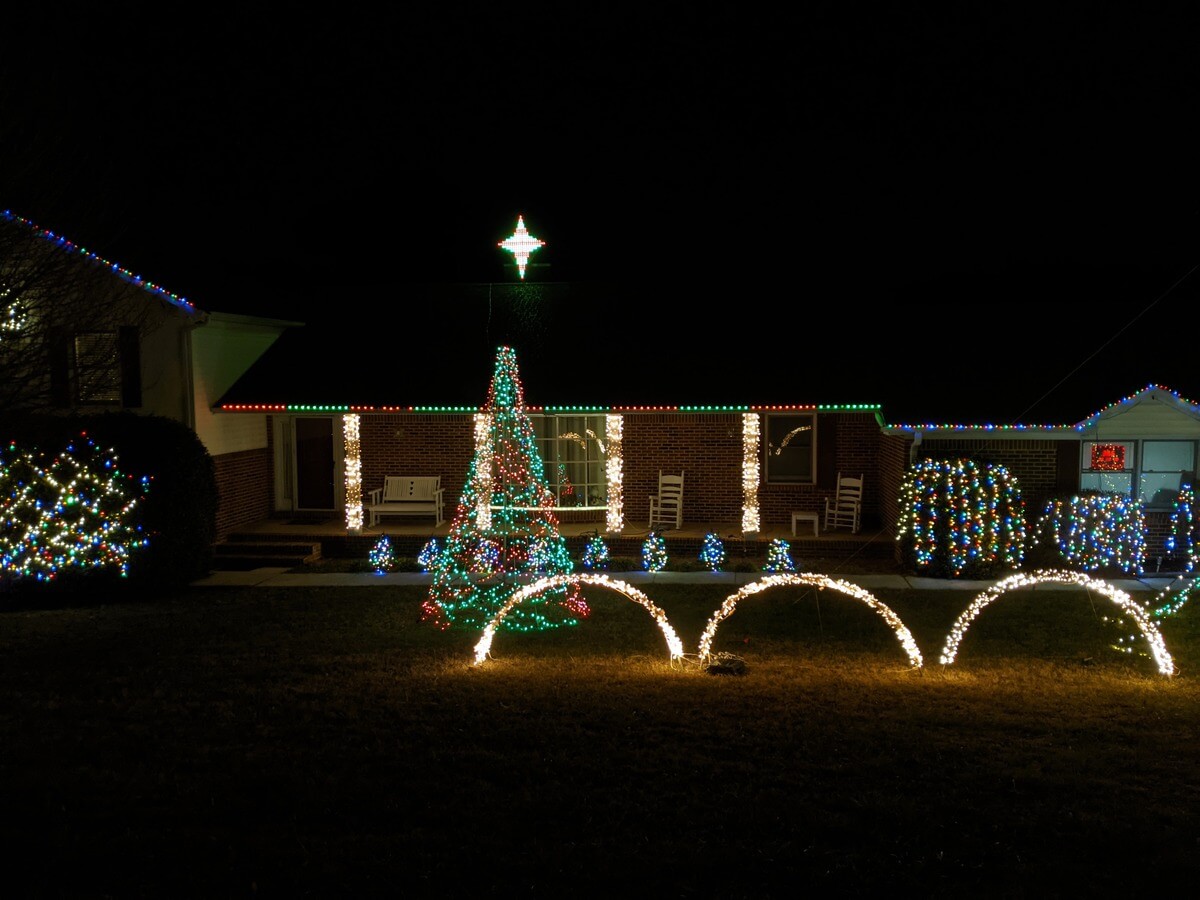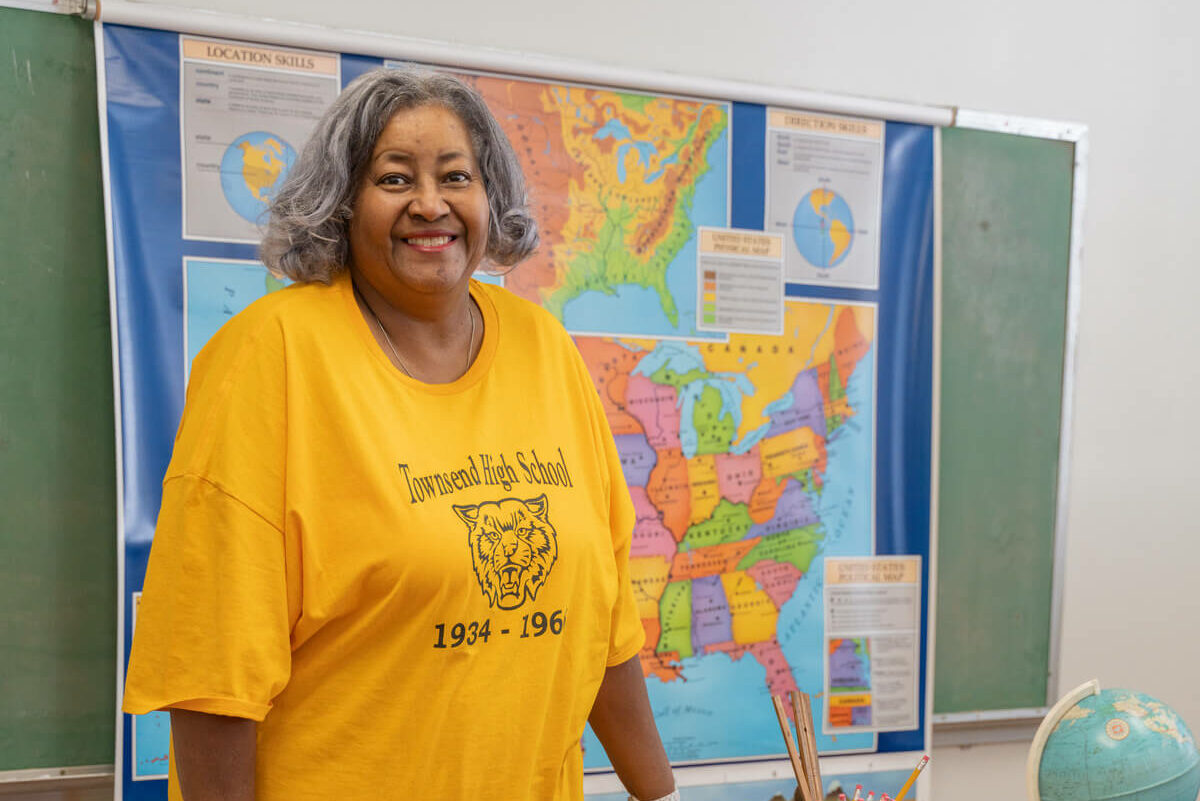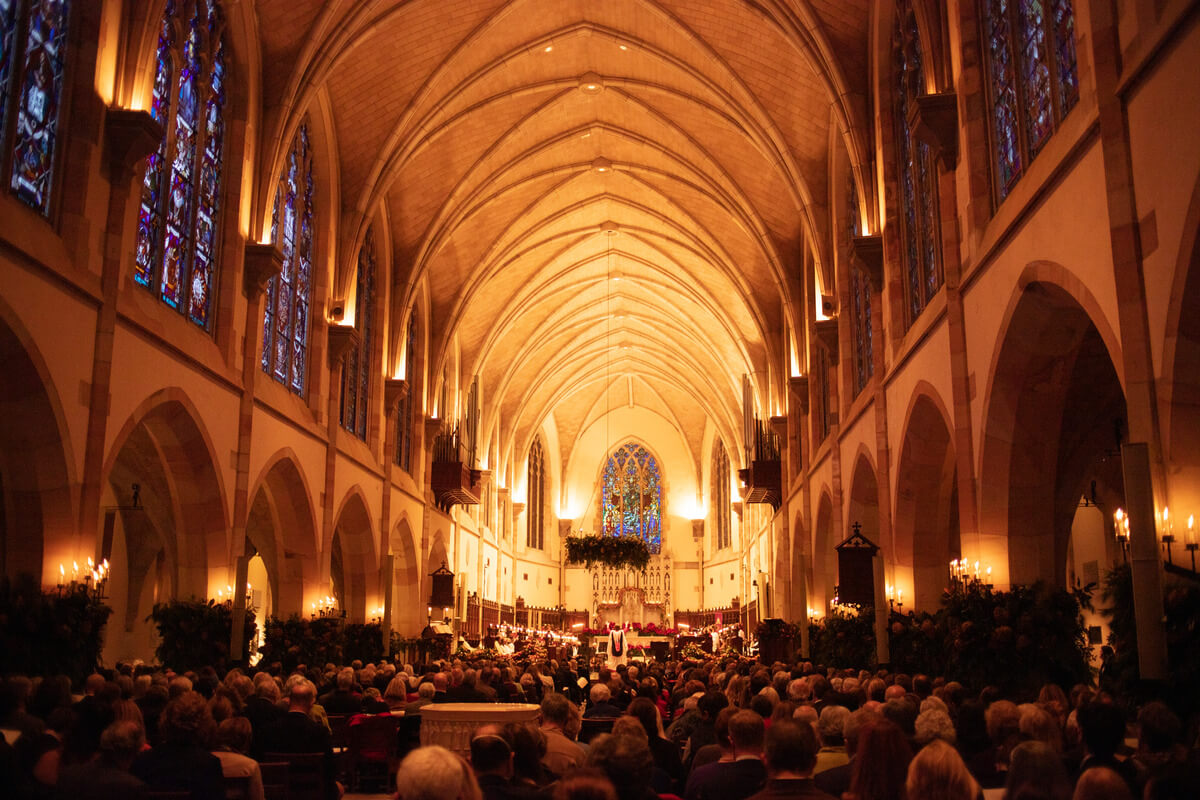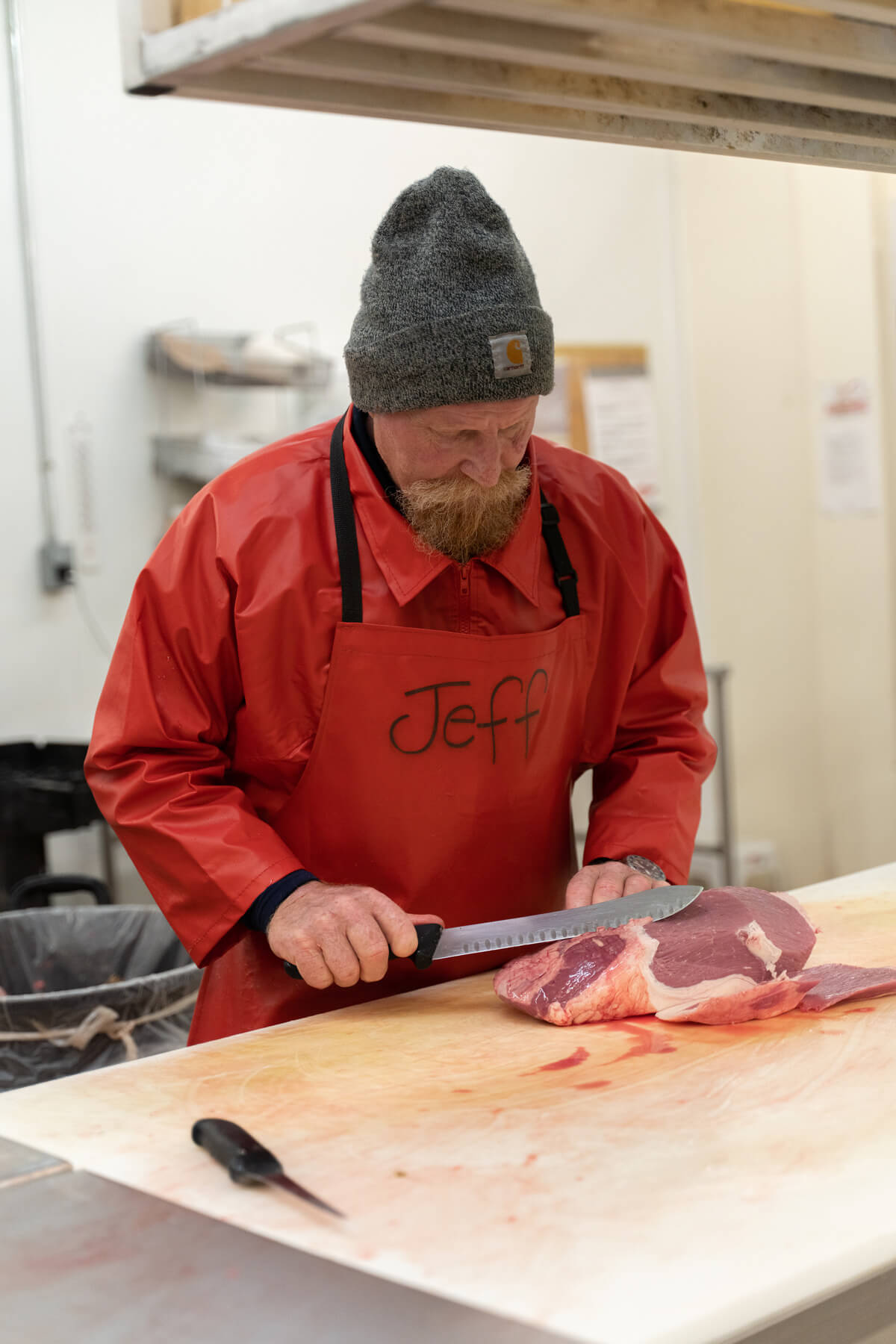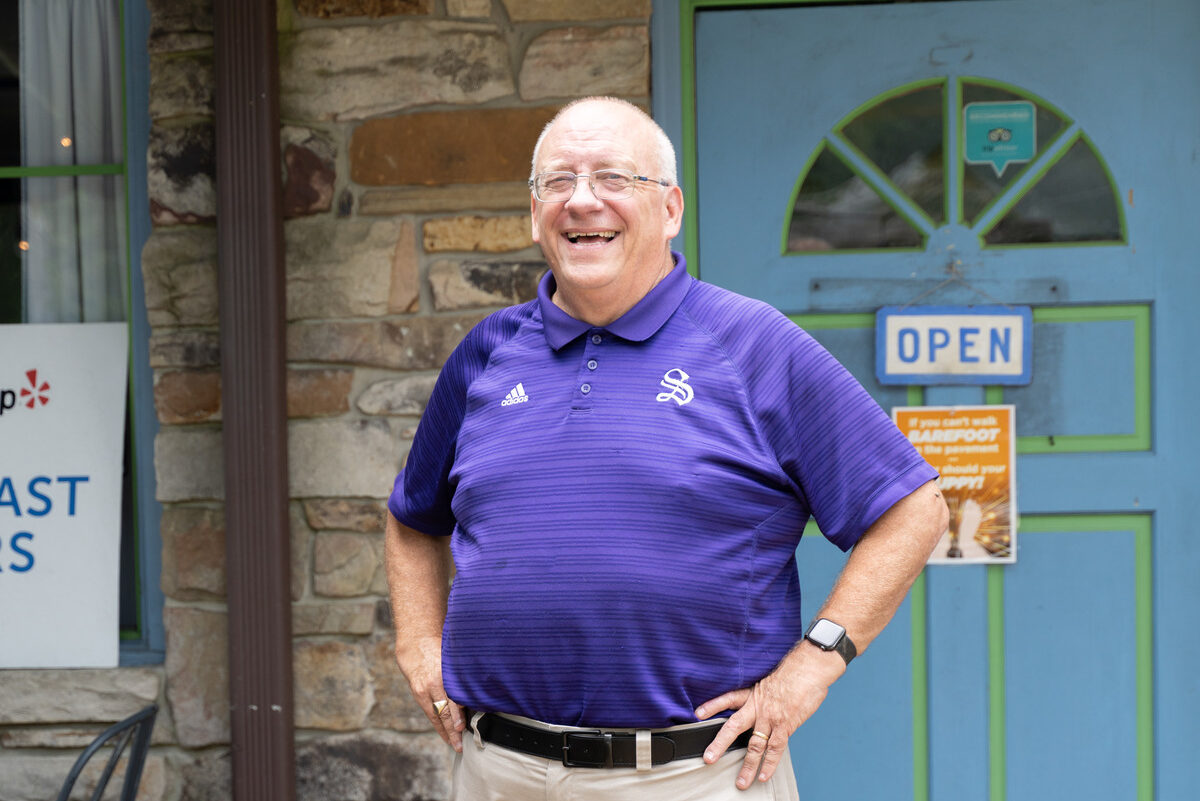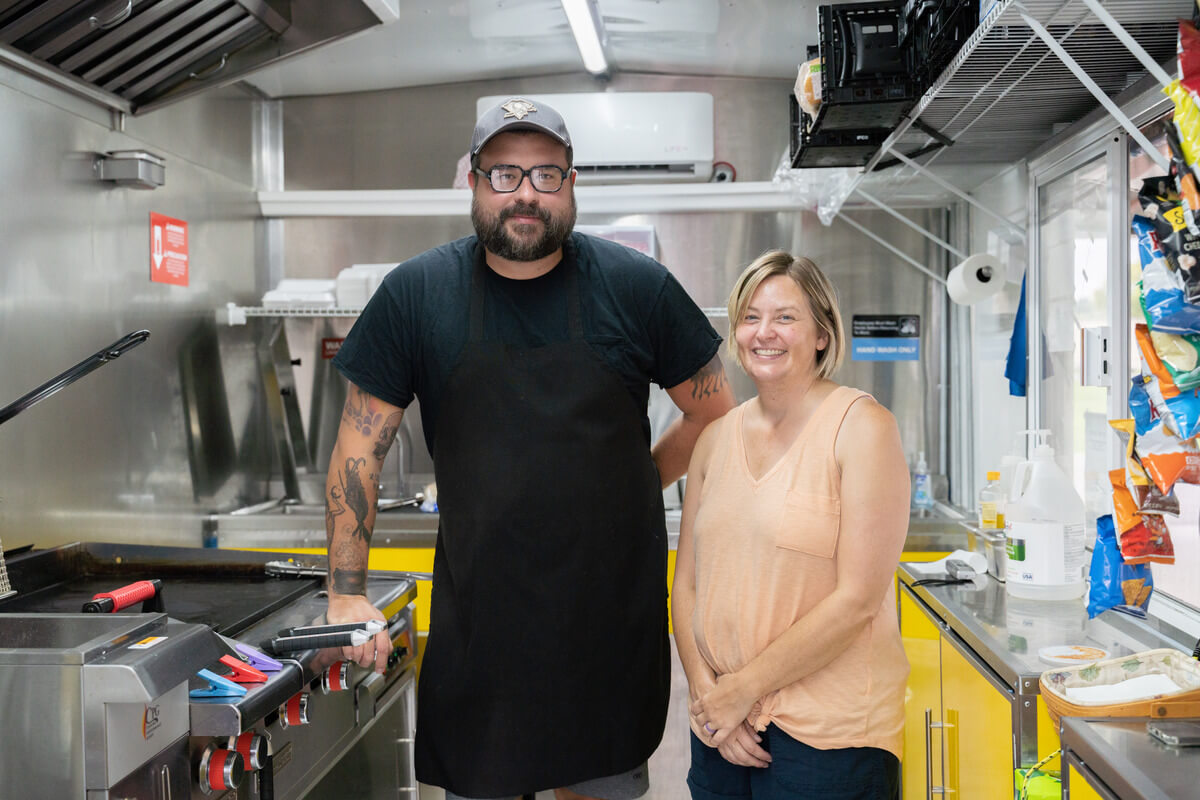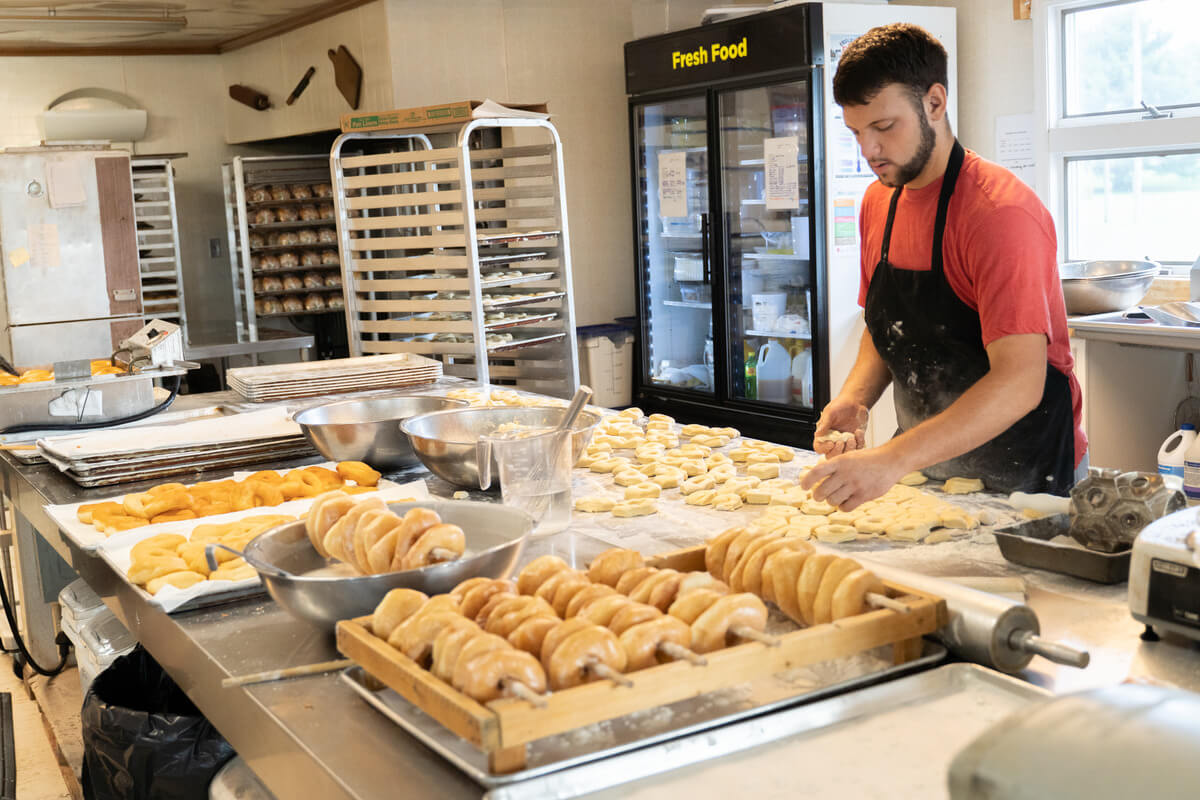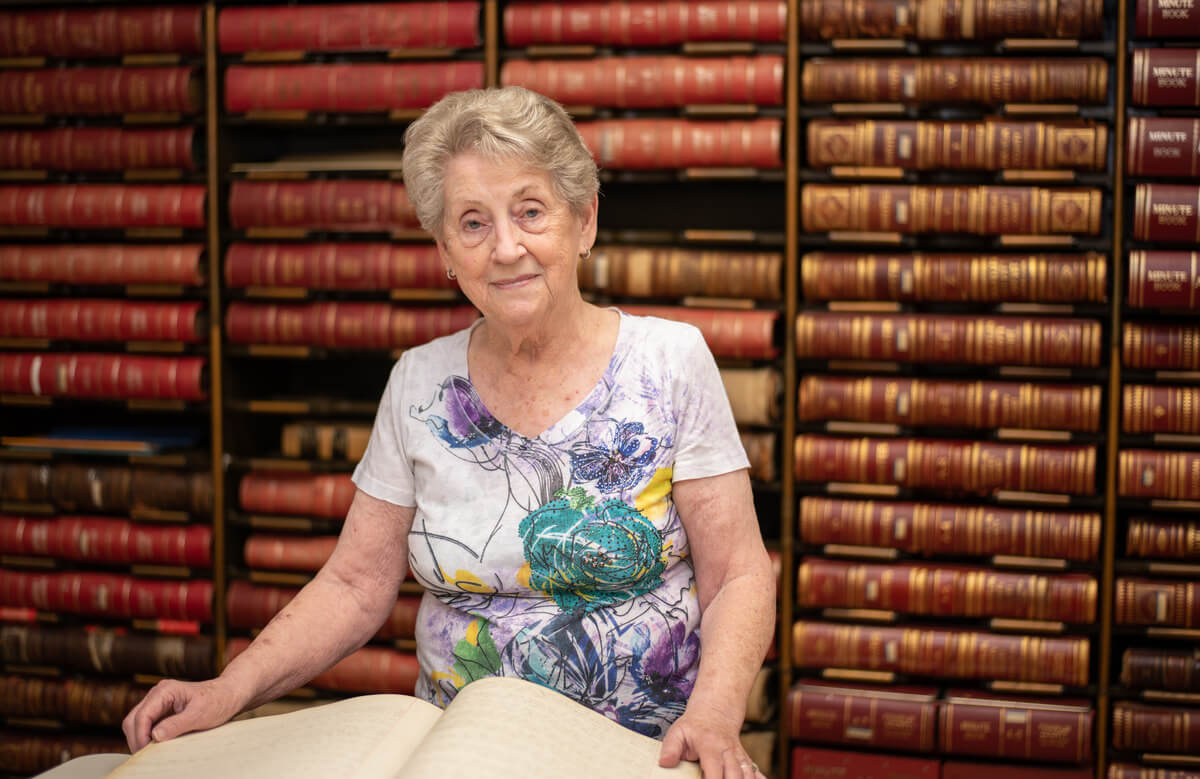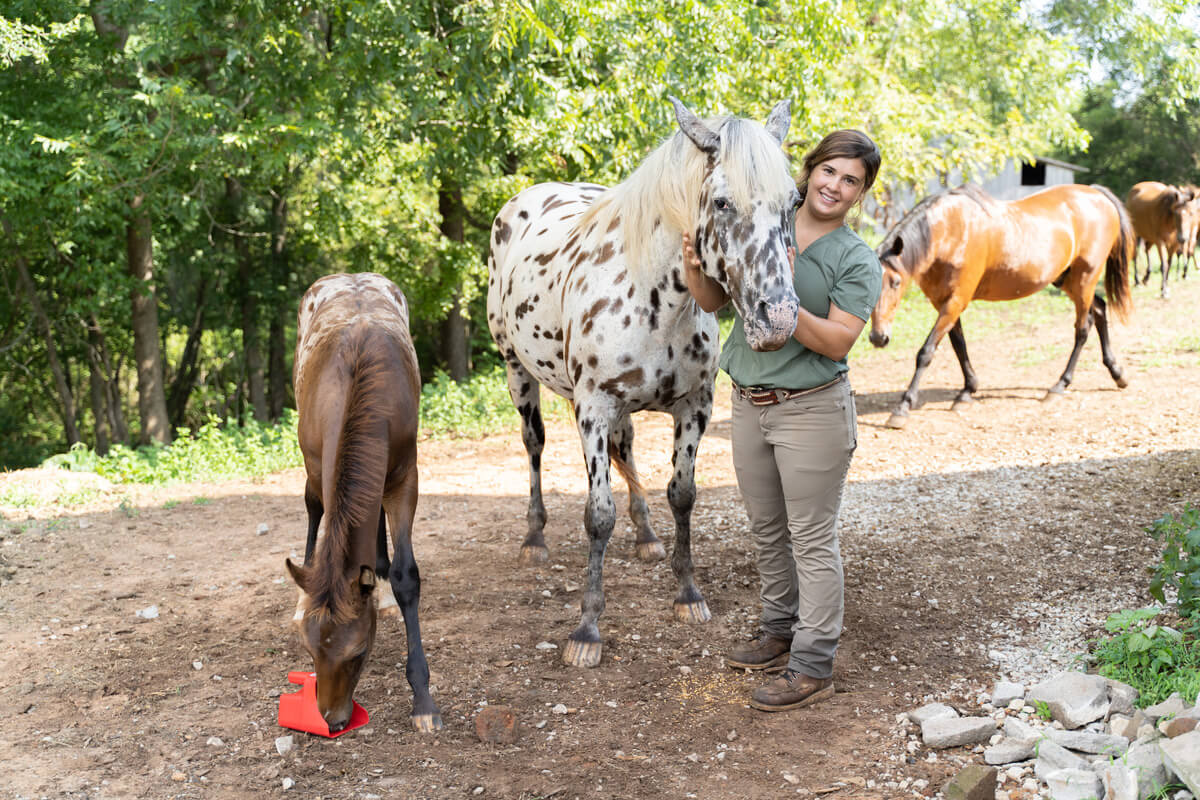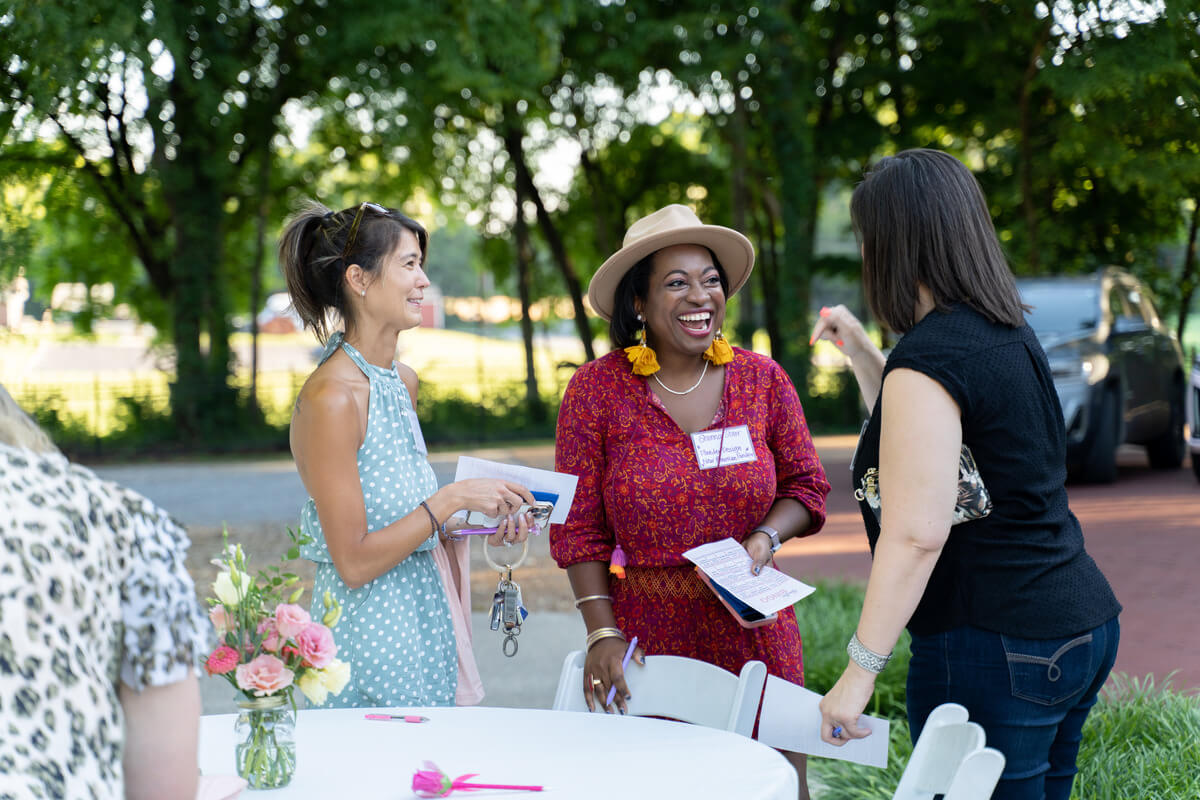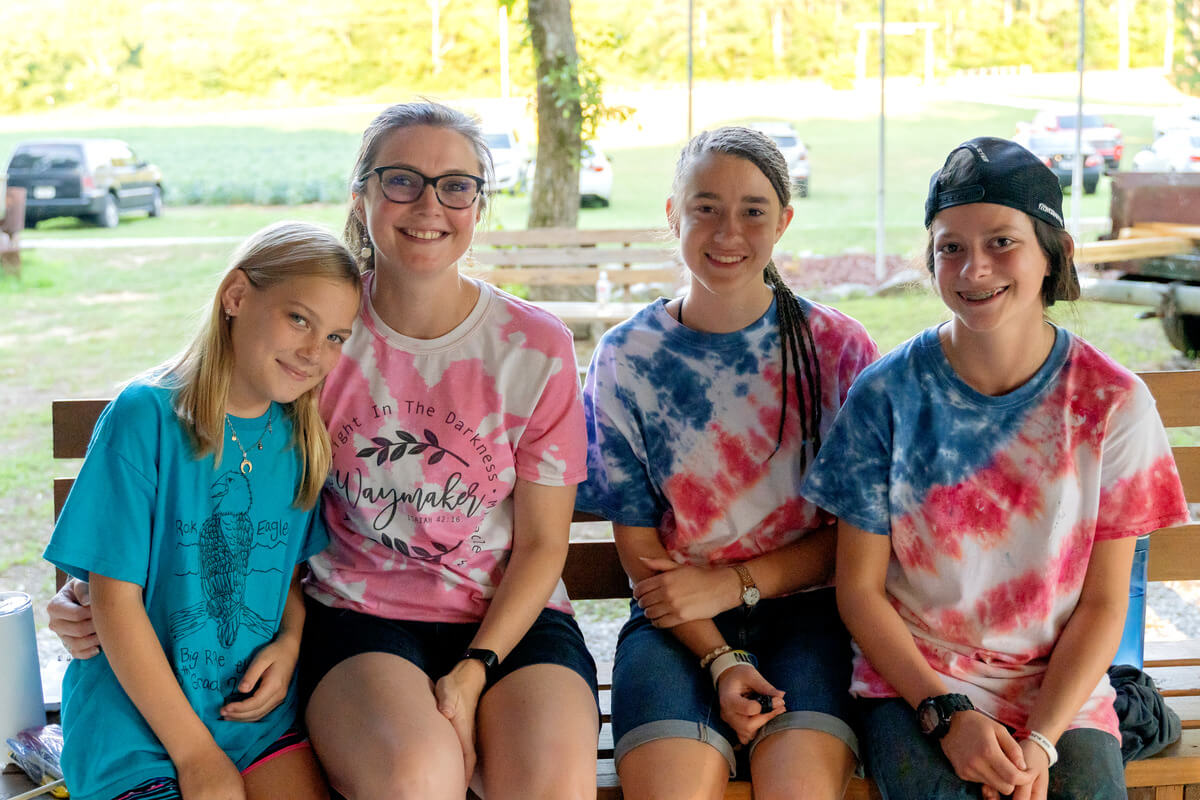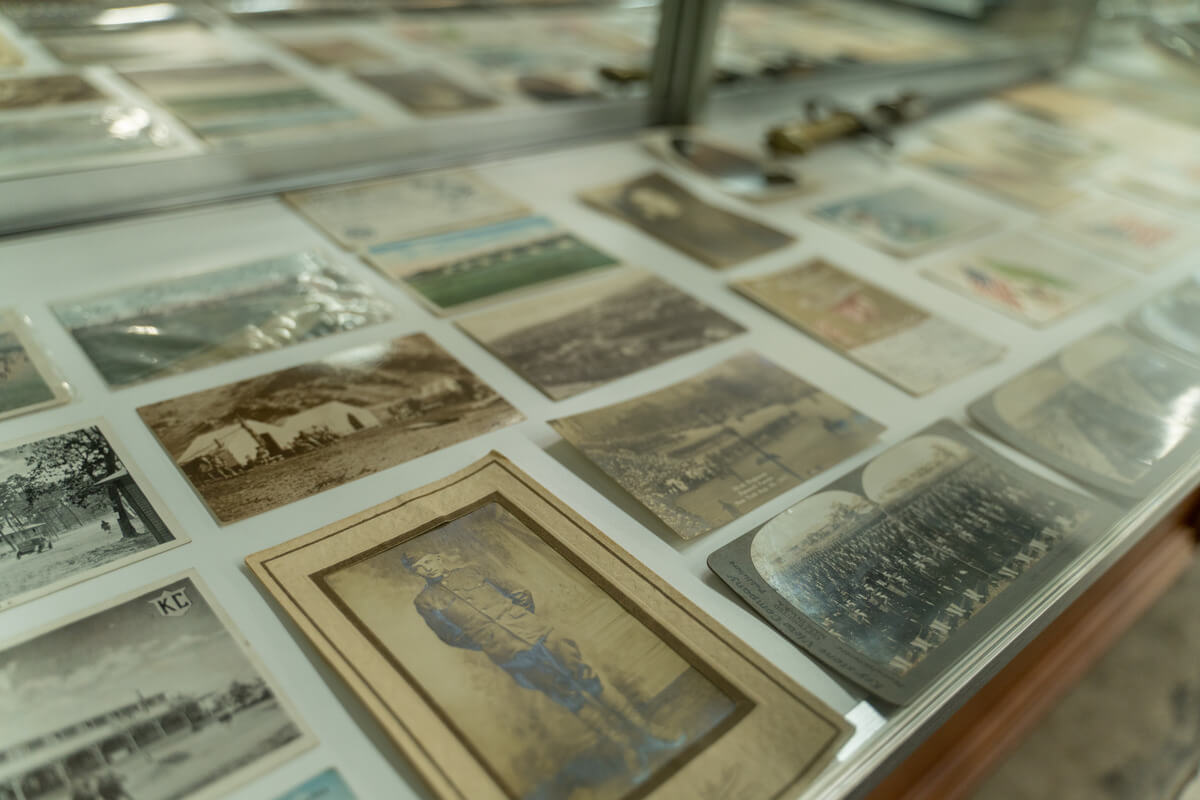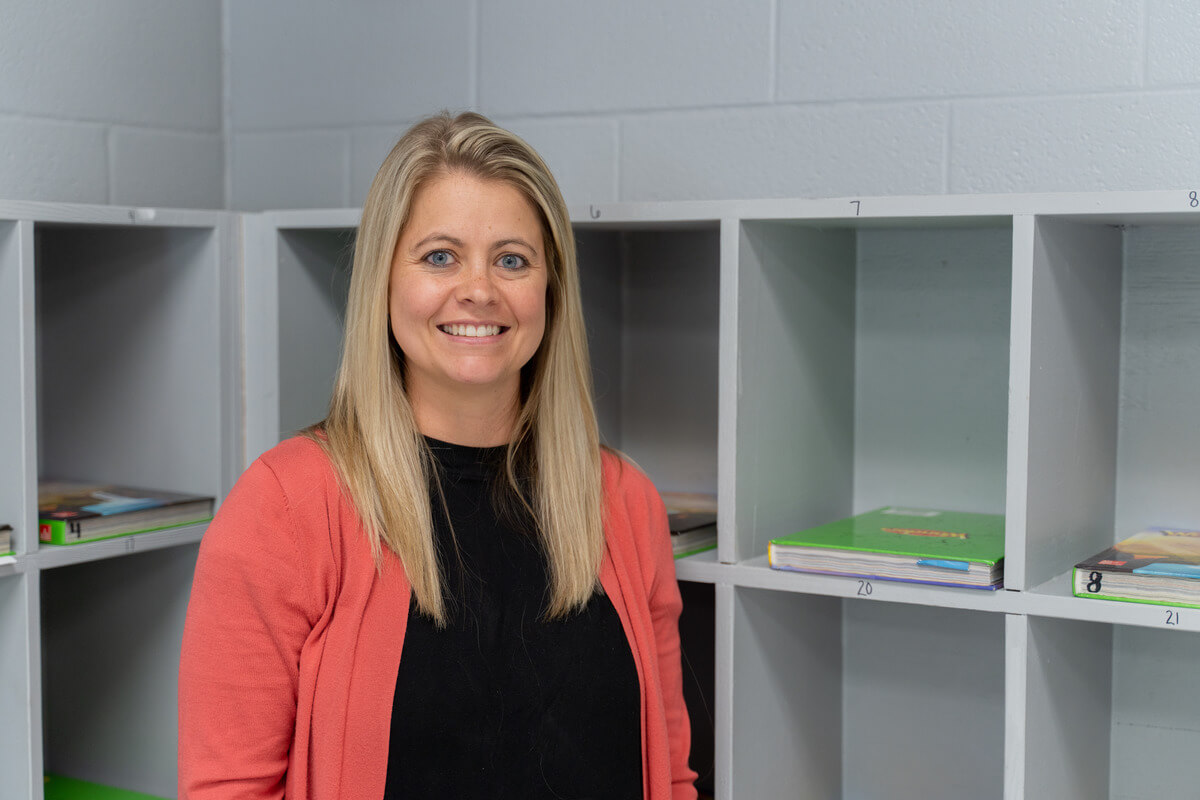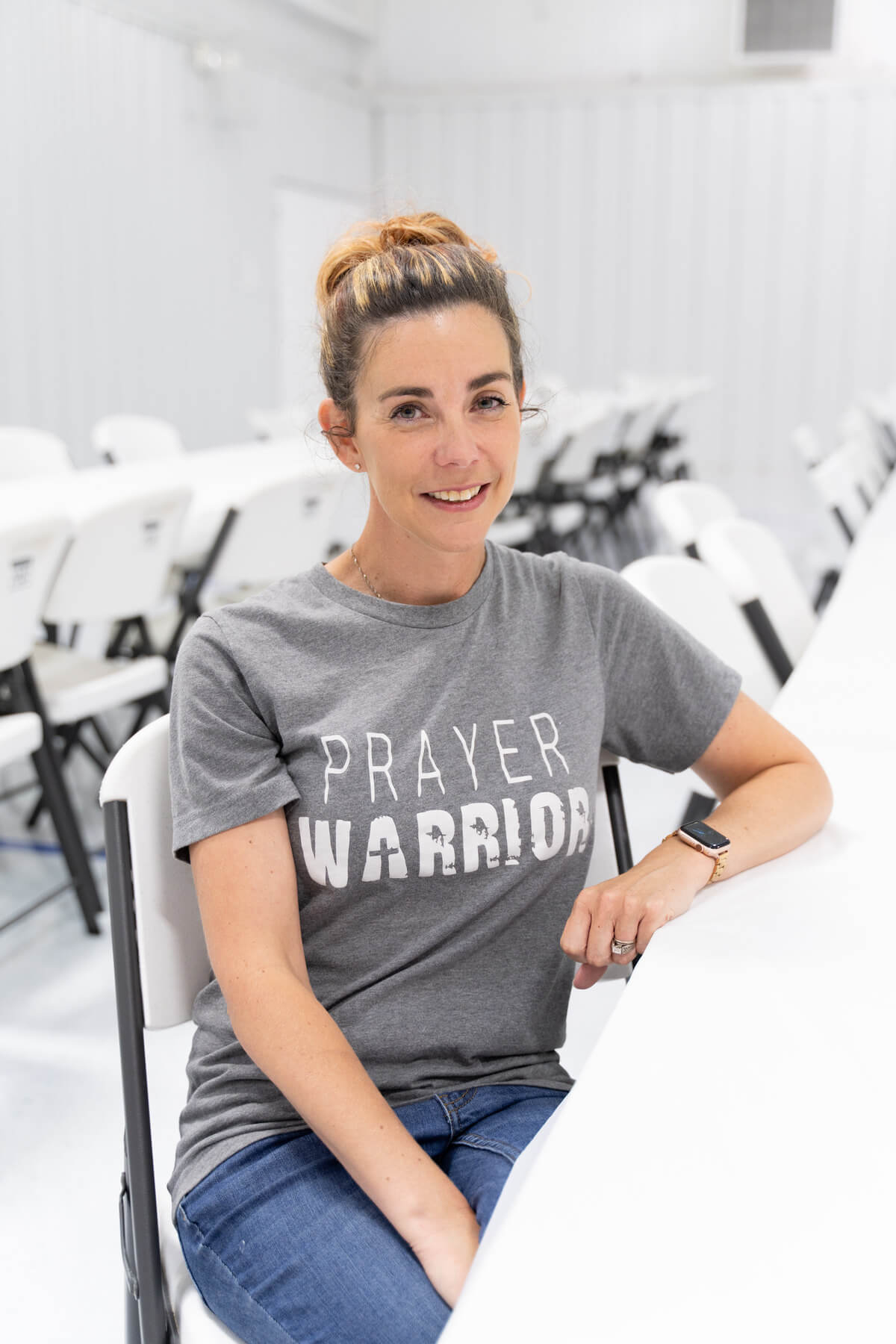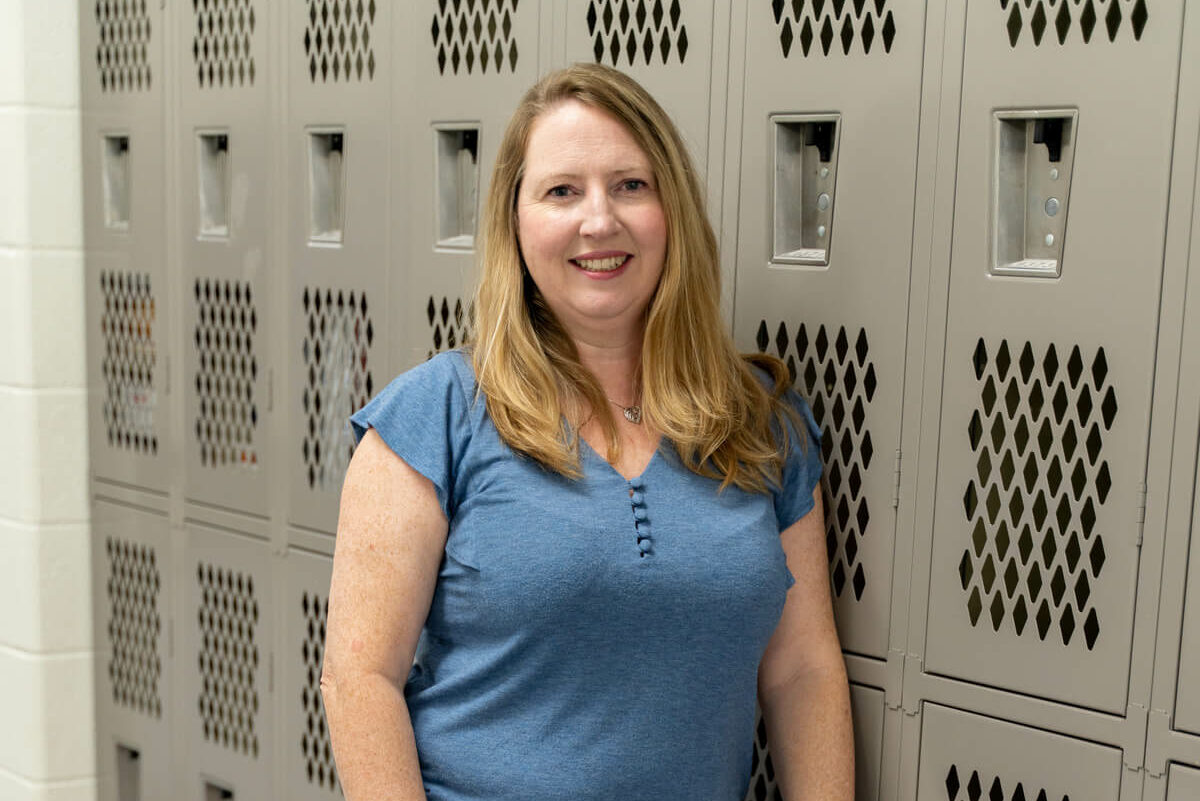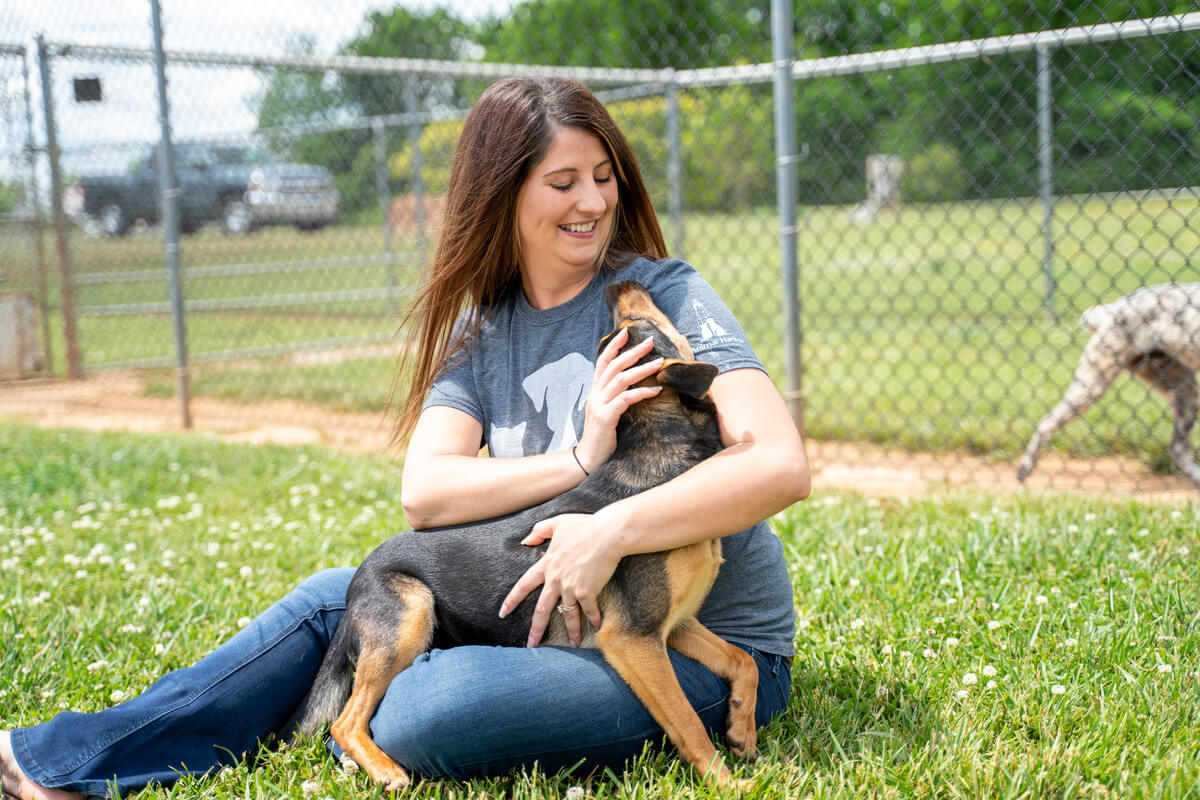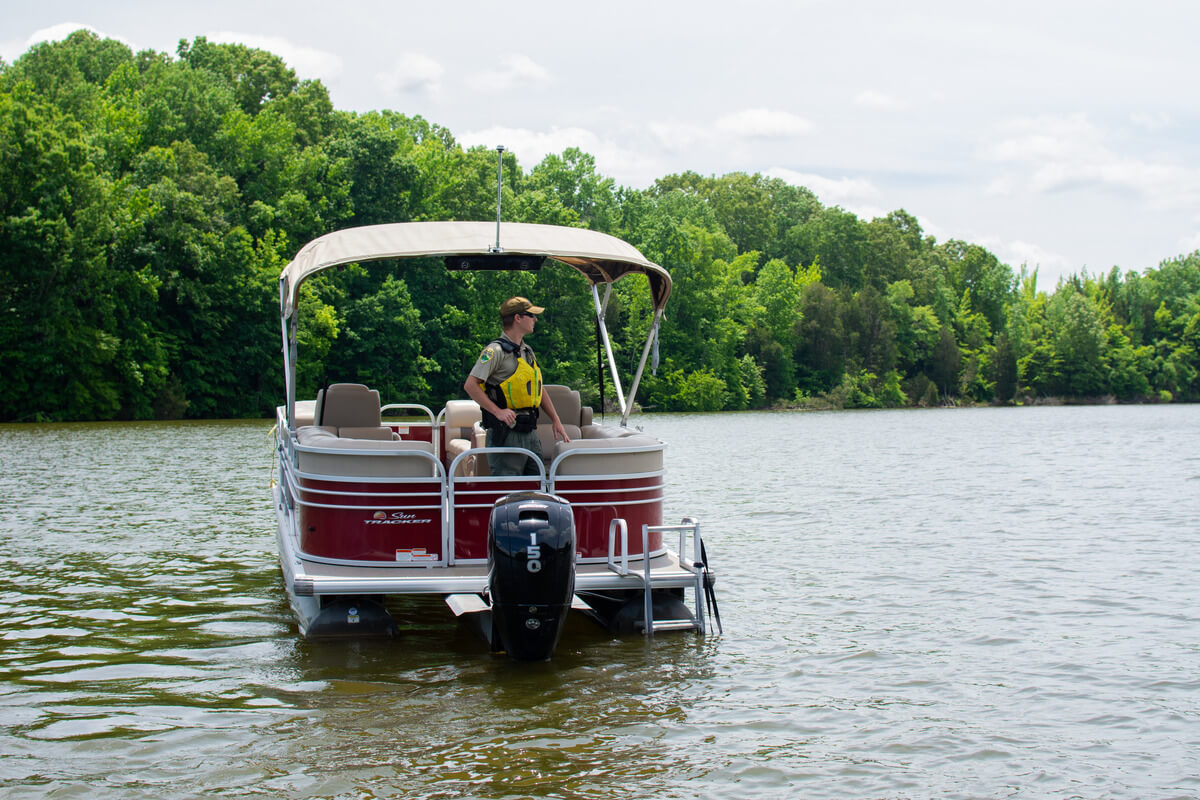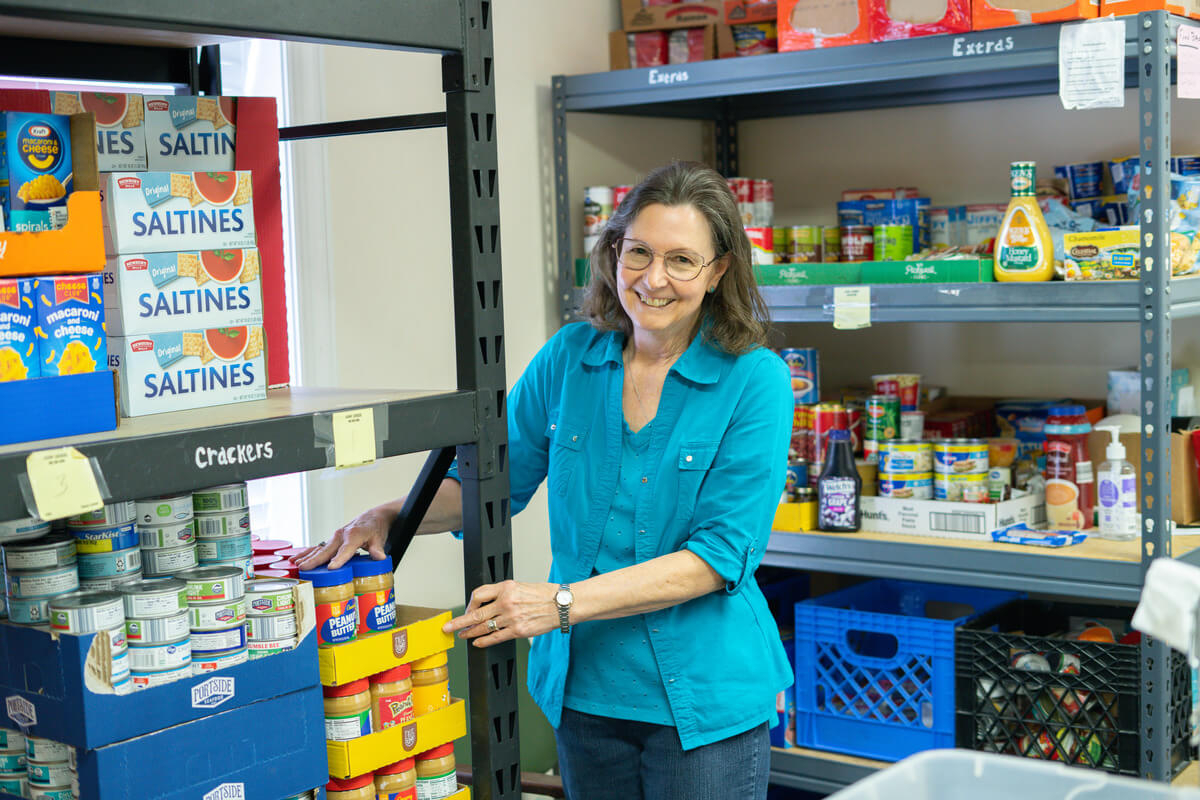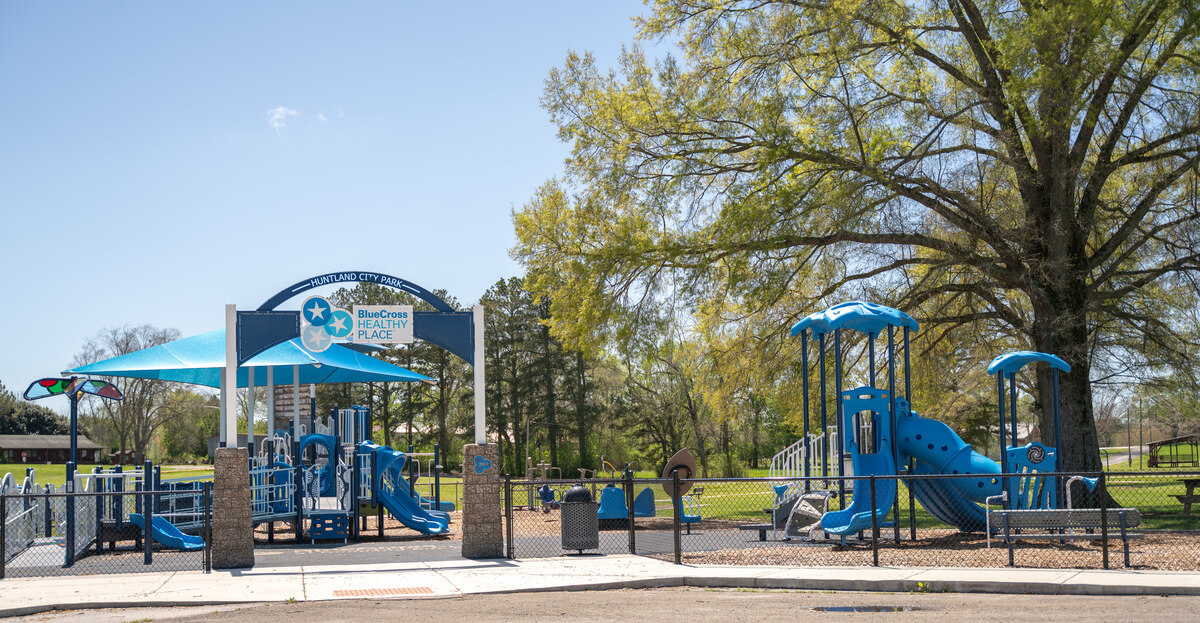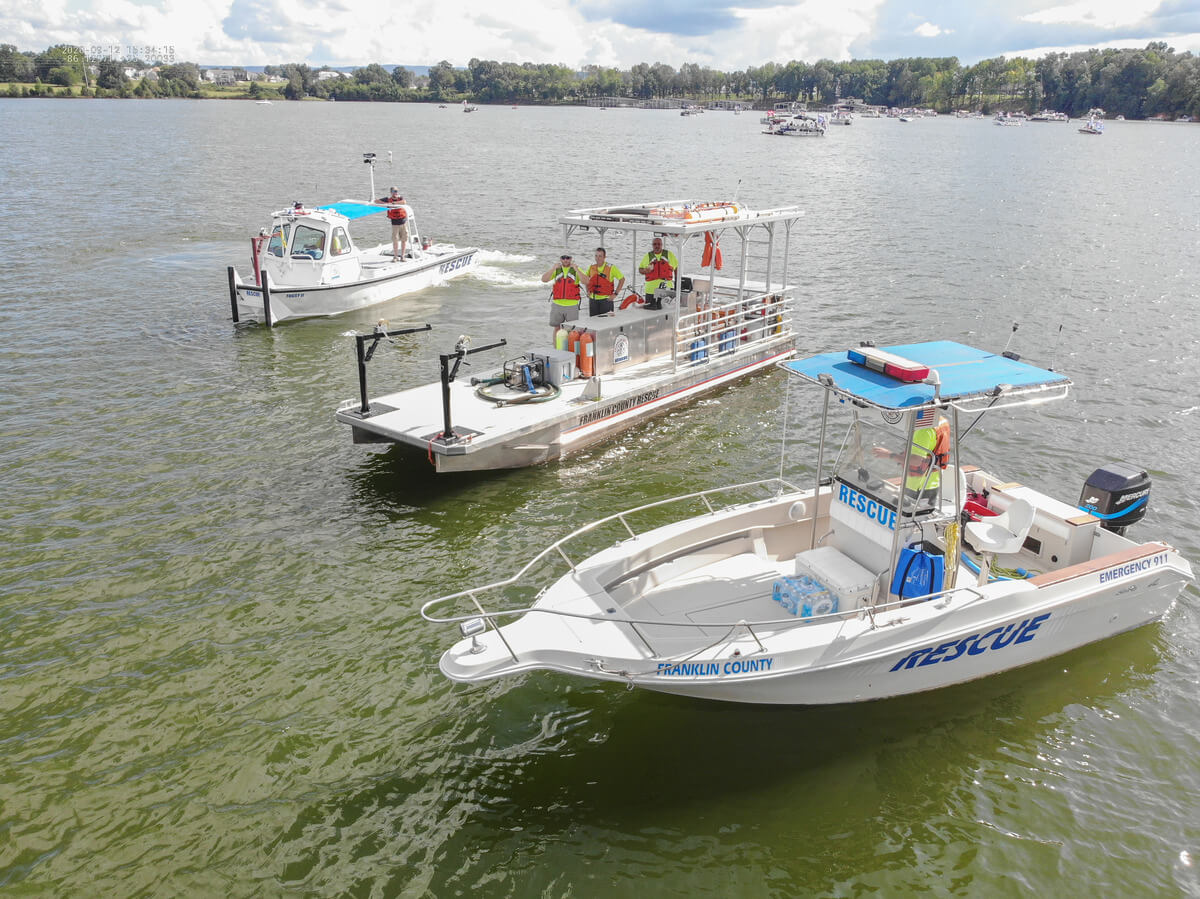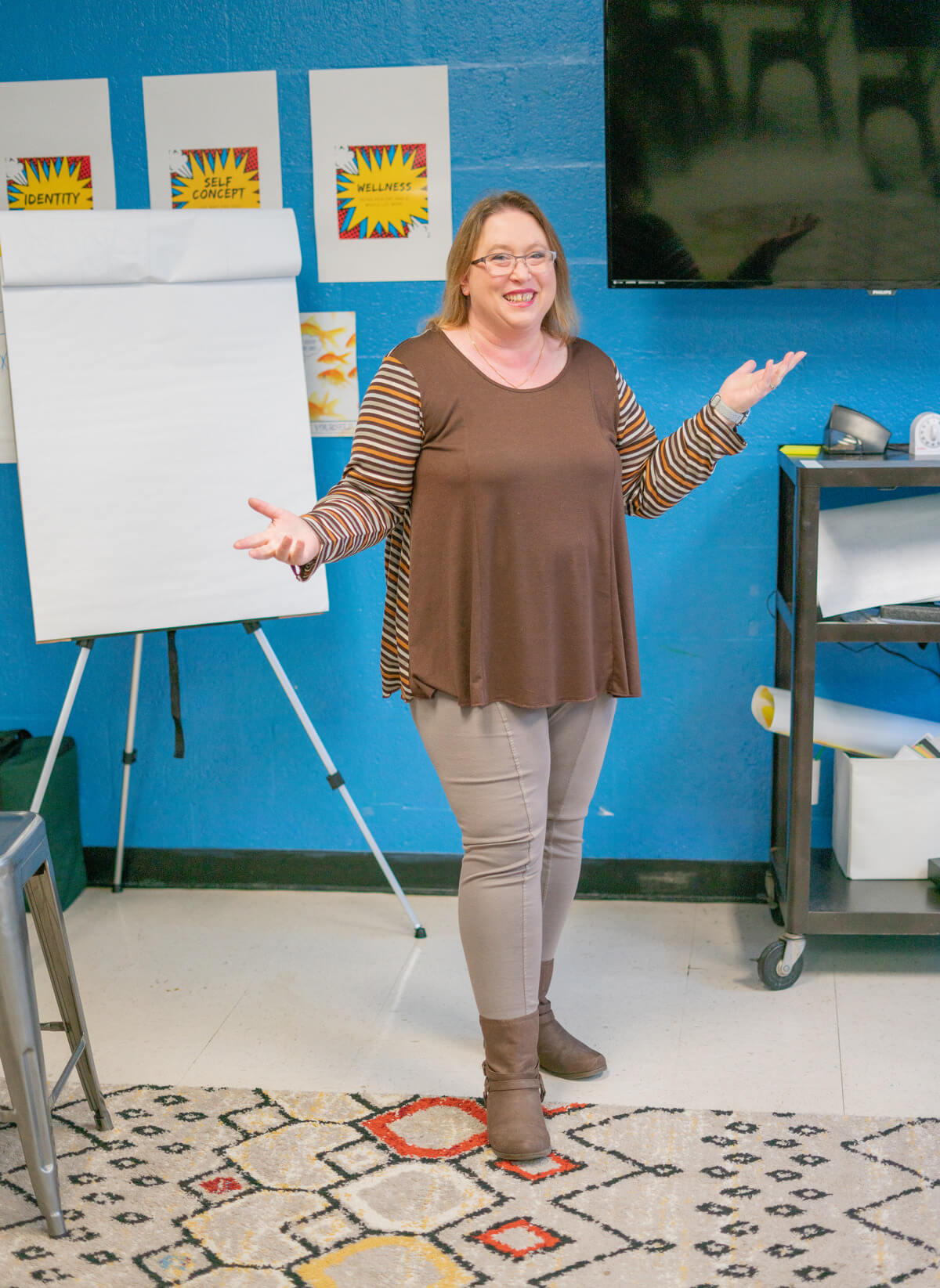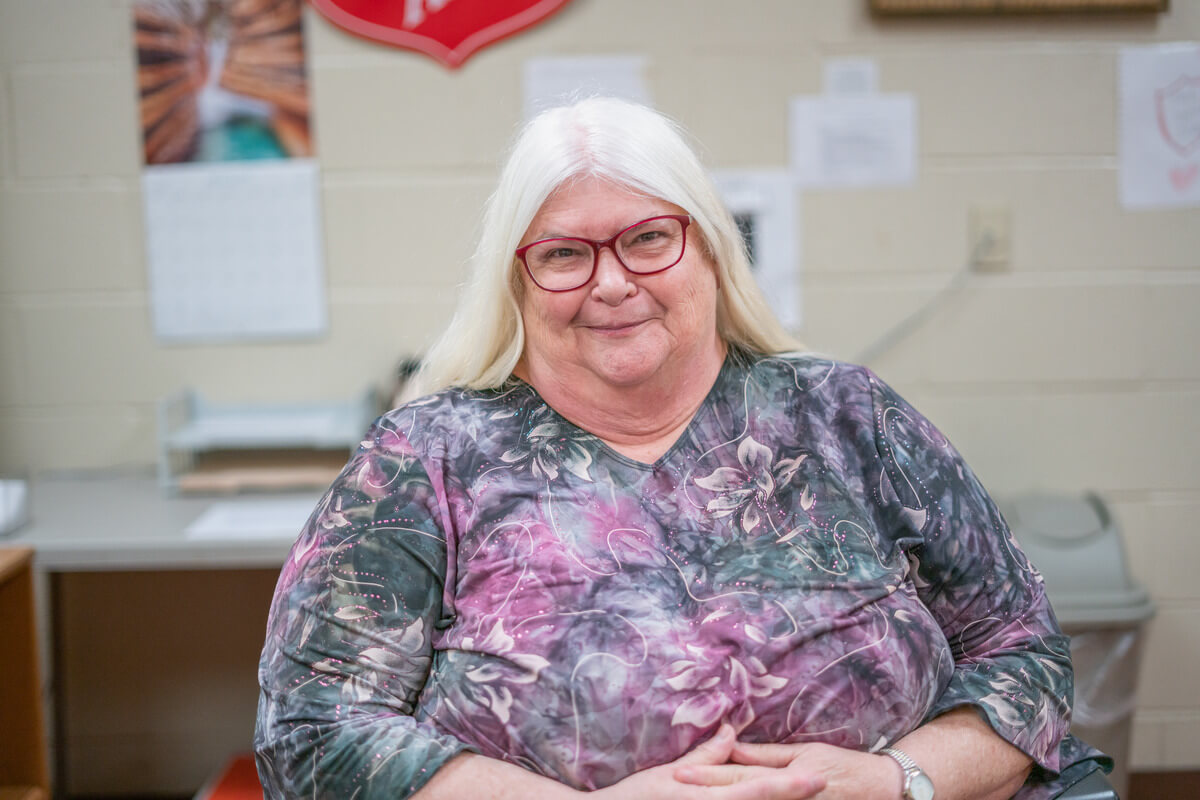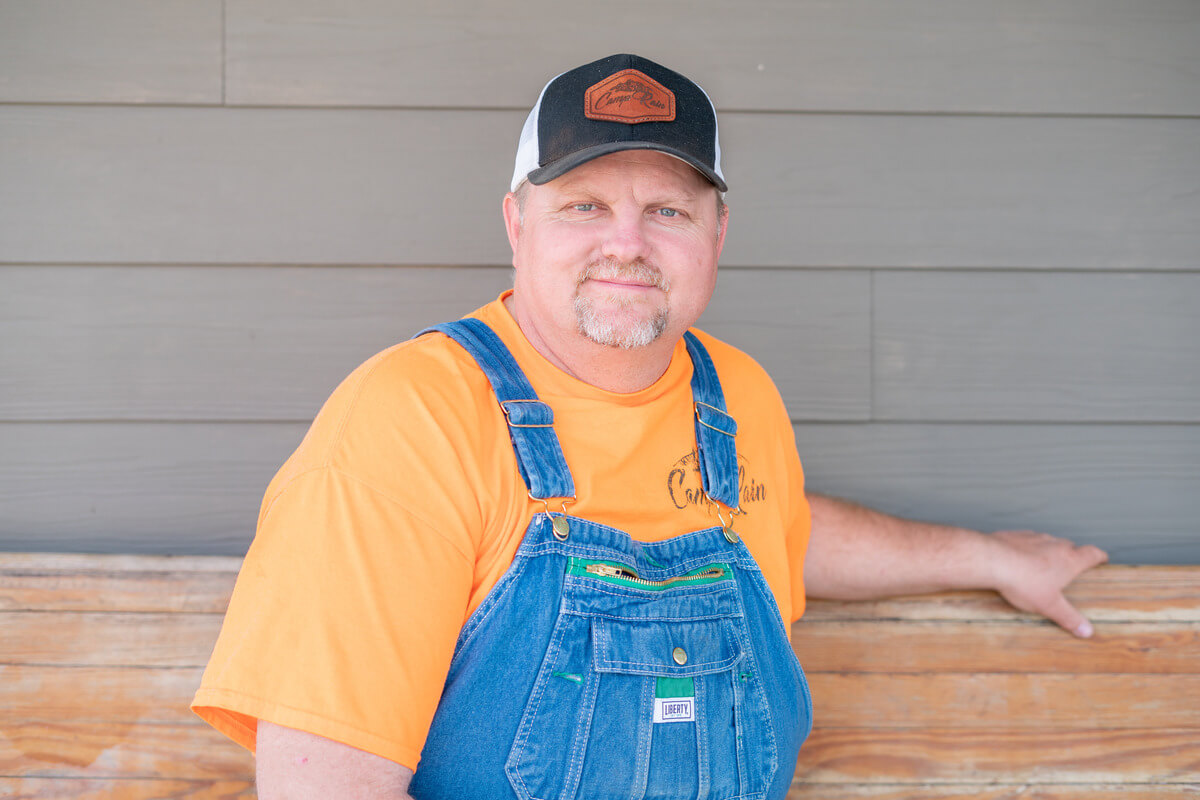OPEN HEART surgery spared his life, but the sporadic coughing that followed left him with excruciating pain radiating across his chest. Desperate to provide relief, his nurse grabbed a heart-shaped pillow lovingly handcrafted by the Franklin County Family and Community Education Club (FCE) members. Initially intended for women who’ve endured a mastectomy, the donated pillow provided the right amount of comfort and support. Within the pillowcase was a note offering encouragement to whomever received it. As the patient’s wife read the words, tears filled her eyes — happy tears — as she realized the FCE, a group she was a member of in Grundy County, provided the comforting pillow. The gesture enveloped her like an embrace from a dear friend. A sense of calm washed over her. The club she cherished impacted her own life when she needed it most, just as it has done for countless others over the past 100 years.
“On December 10, 1910, Miss Virginia P. Moore was the first extension agent to work with women and girls in developing canning clubs. The signing of the Smith-Lever Act legally established the extension service as the educational branch of the United States Department of Agriculture. As the years progressed and more agents were hired, clubs were organized to reach many more families with educational information,” said extension agent and county director Mary Beth Henley.
Henley began working with the 4-H program as an extension agent in 1993, then started leading the adult programs in 1996.
“I began working closely with our Family and Community Education Clubs, which were called Home Demonstration clubs at the time. I had several members refer to me as “the home agent” because my responsibilities centered around family and consumer sciences, or what used to be called home economics.”
“My favorite project is our Charity Quilt Project. People donate cotton fabric, and our FCE members create beautiful quilts for the homeless and needy. We have made and distributed over 150 quilts over the last five to six years. These quilts are a little larger than lap quilts, so they transport easily. Members also make sleeping mats from plastic grocery bags. FCE partners with hospice and home health organizations to make foot and walker caddies. We have made “Little Dresses for Africa” from pillowcases that we sent to children in African villages. Members have made pajama pants for the Isaiah:117 house, teddy bears for the sheriff’s department, and boo-boo animals for the health department. We also partner with the public library and donate lap quilts to local veterans on Veterans Day.”
According to Henley, their mission is to learn, lead, grow, and share with others in their community. To do this, they provide research-based information through the University of Tennessee Extension. Topics include Human Development, Nutrition and Food Safety, Money Management, and Family Economics Health and Safety. “Leadership development is a focus of FCE. Through shared opportunities, you can learn skills helpful in bringing growth to your community, church, local government, and family. FCE offers learning opportunities as officers, program leaders, and service stewards. Together, we build better lives for individuals, families, and communities. An example of leadership service is our long history of teaching 4-H youth. Each year, FCE provides the opportunity to make a difference in the lives of families in our community. The focus of our national program includes improving literacy for children and adults, practicing environmental stewardship, promoting healthy lifestyles, and role-modeling ethical values.”
Are you looking to join an exciting club where you can make a difference in our community? “Joining is easy,” said Henley. “Currently, we have 47 members in three Franklin County clubs. FCE is a state organization, the Tennessee Association of Family and Community Education, and a national organization, the National Association of Family and Community Education Clubs. Our clubs meet monthly, usually at the Extension Office. Potential members visit the club three times before joining, and membership is $5 for the year. Each month, clubs take up money for our Sunshine Fund, but sometimes we bring canned food or other items to donate to community projects.” GN

